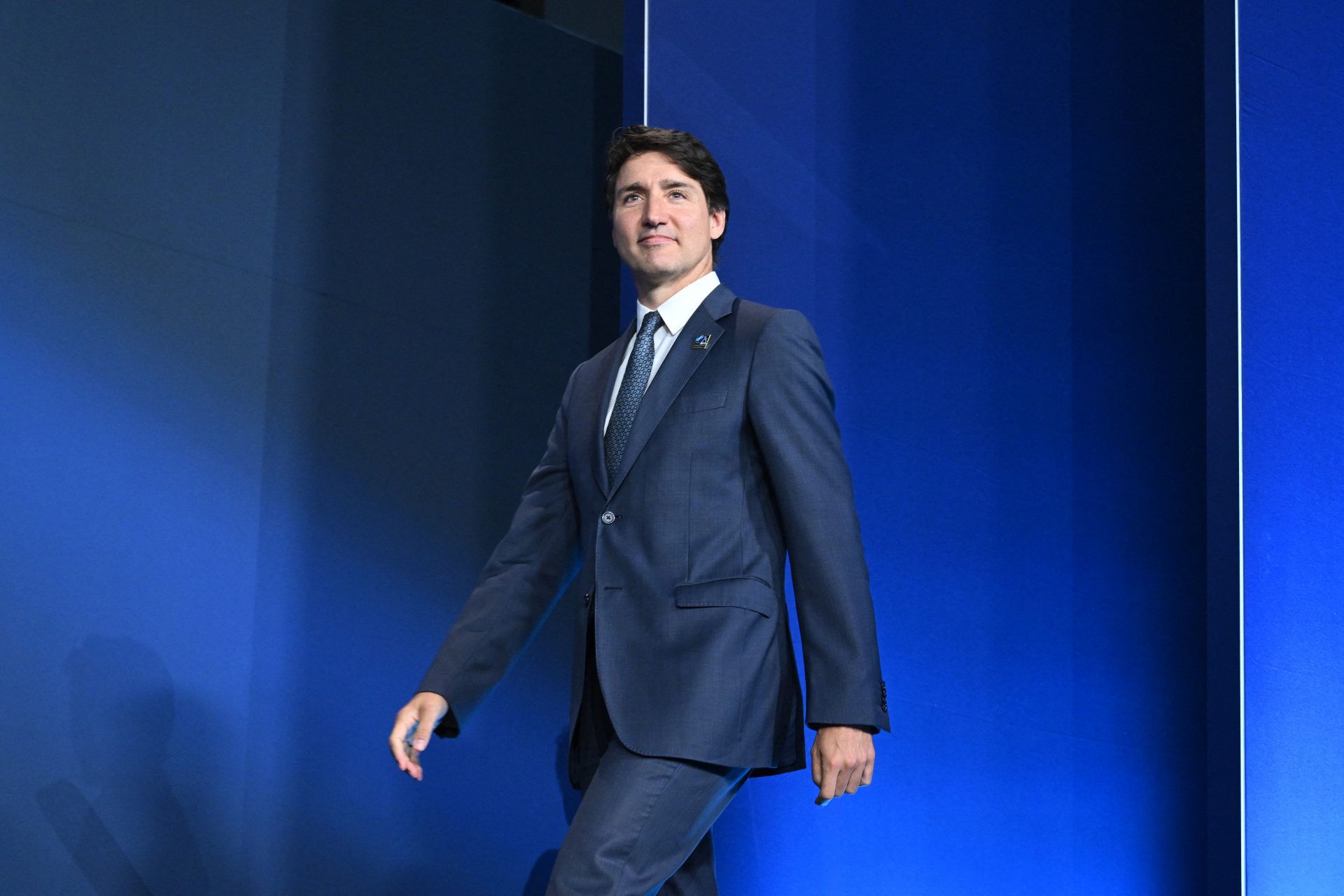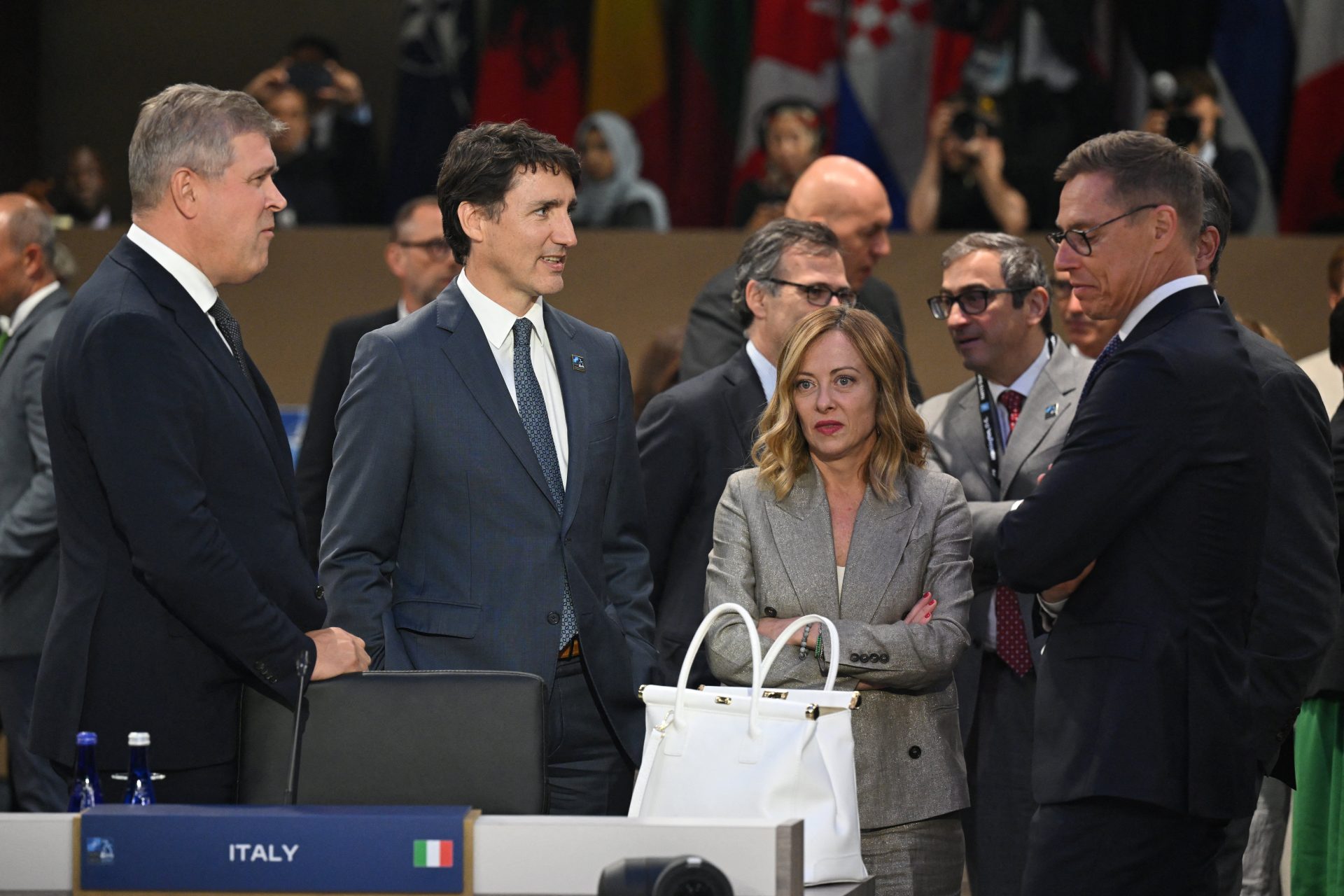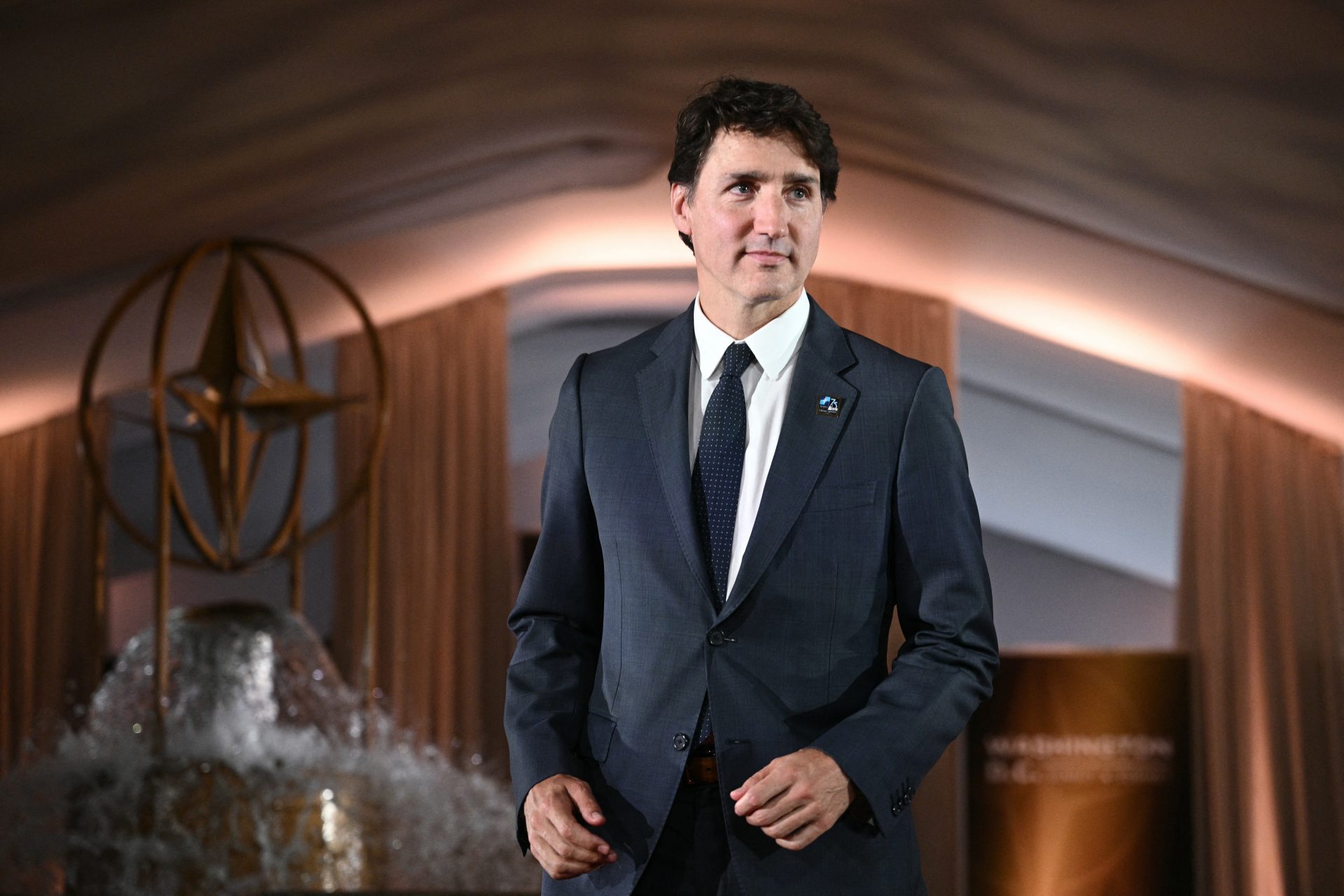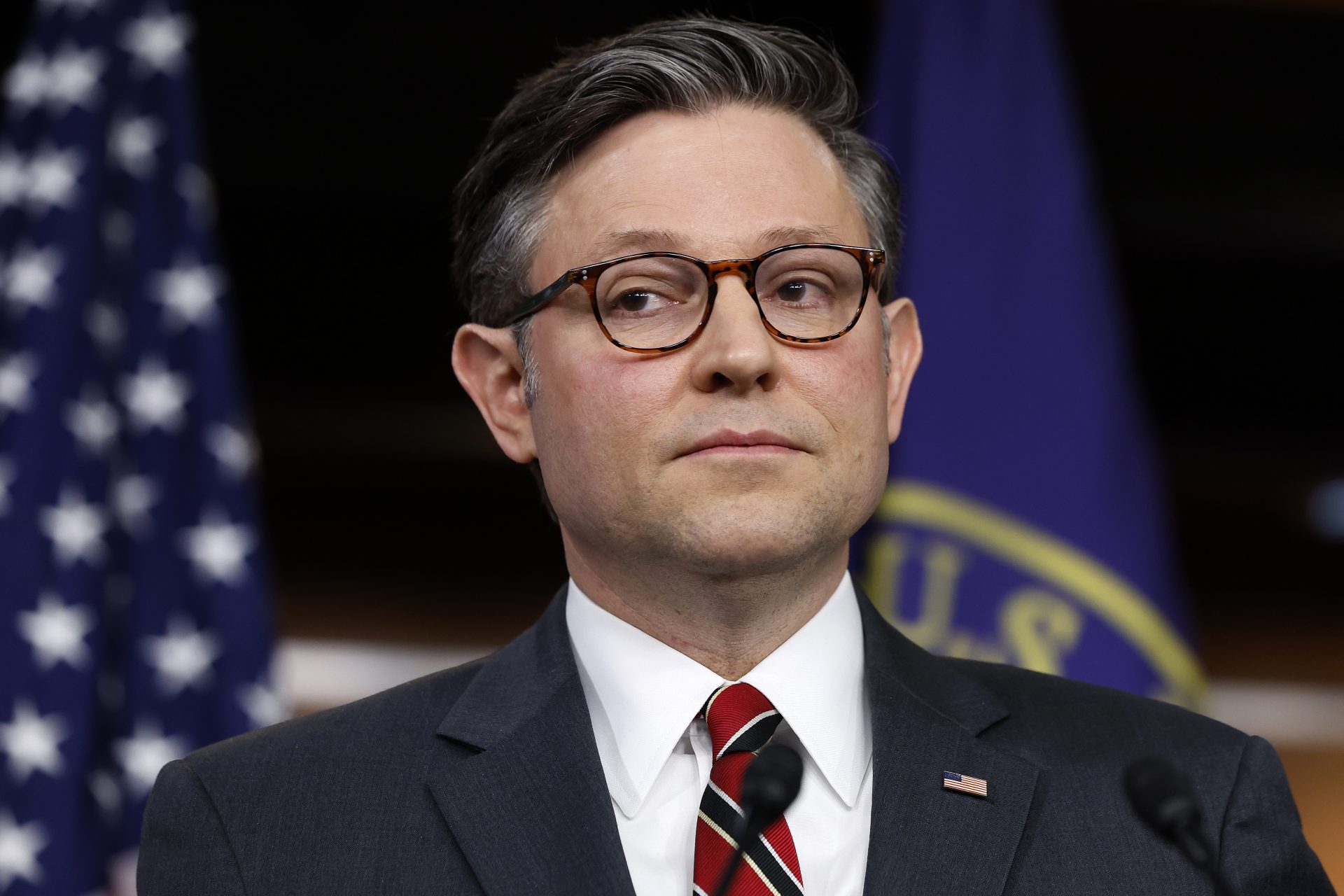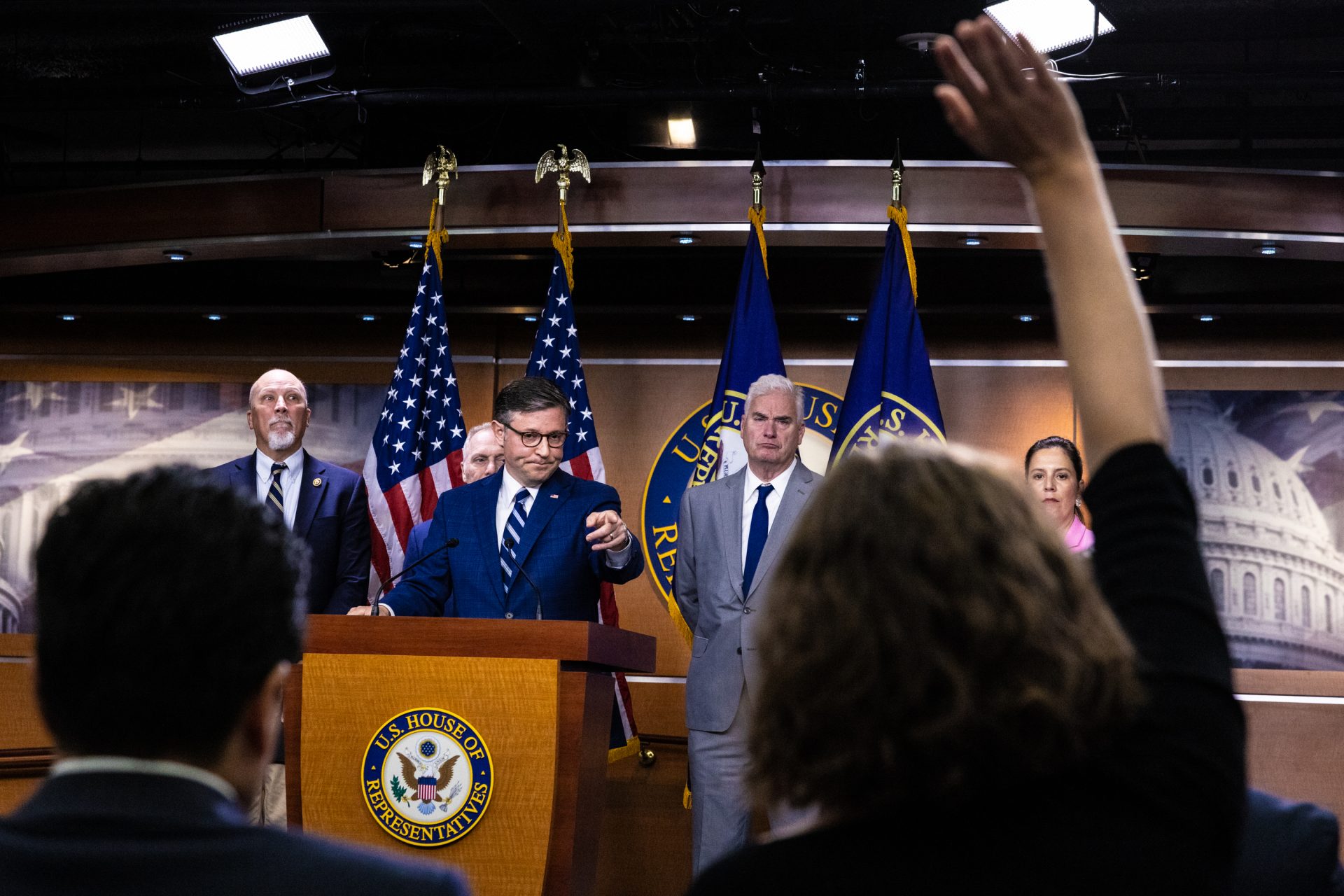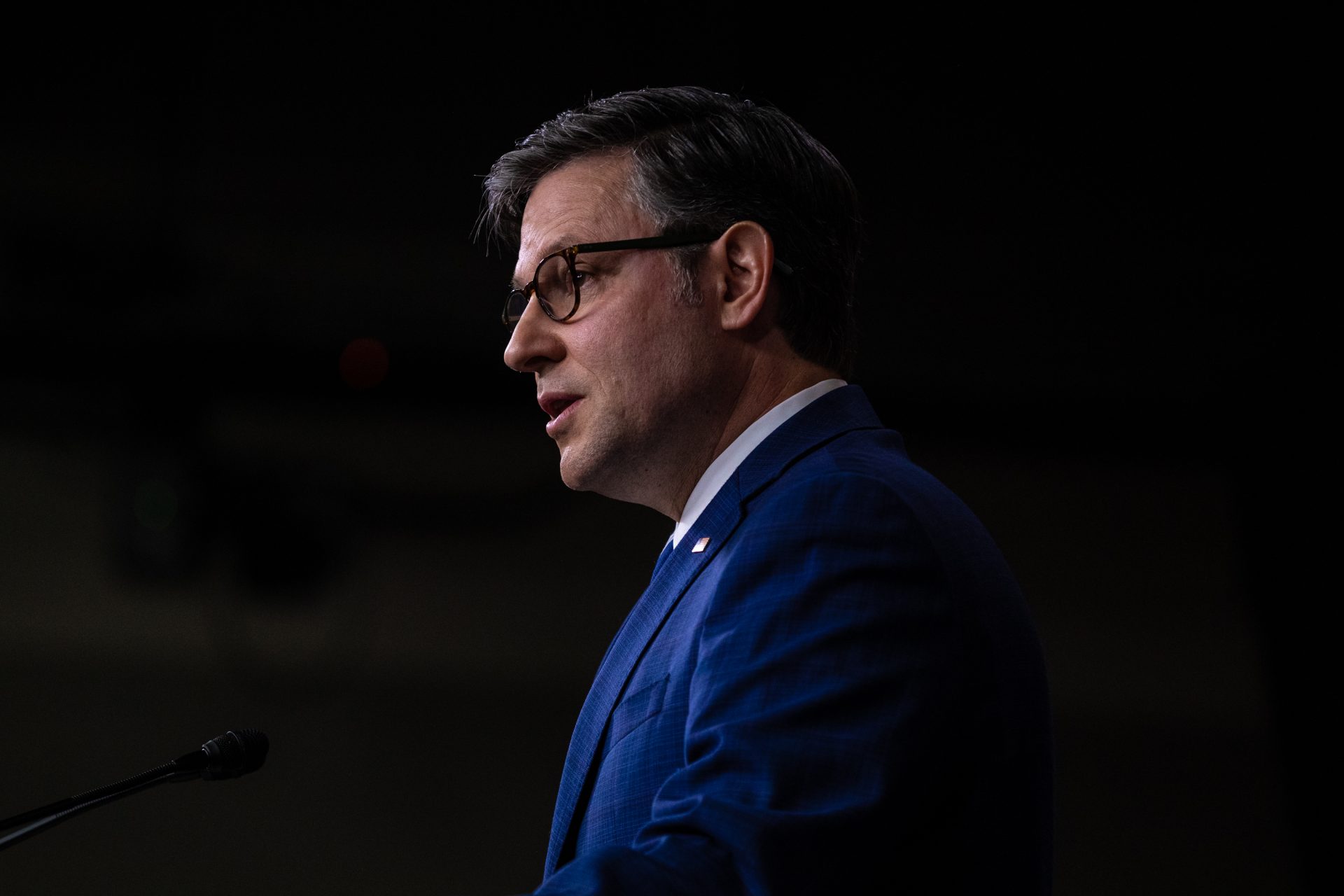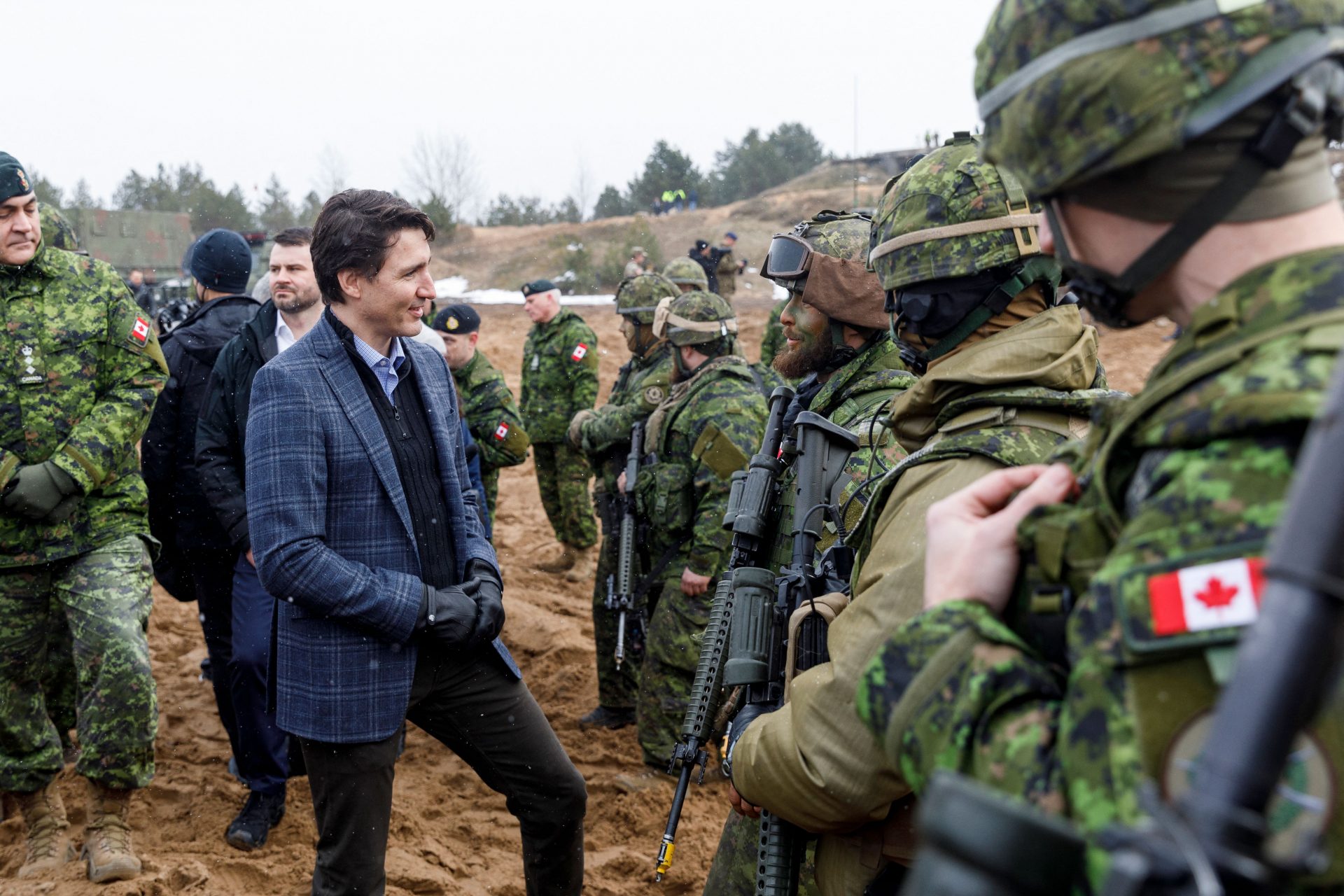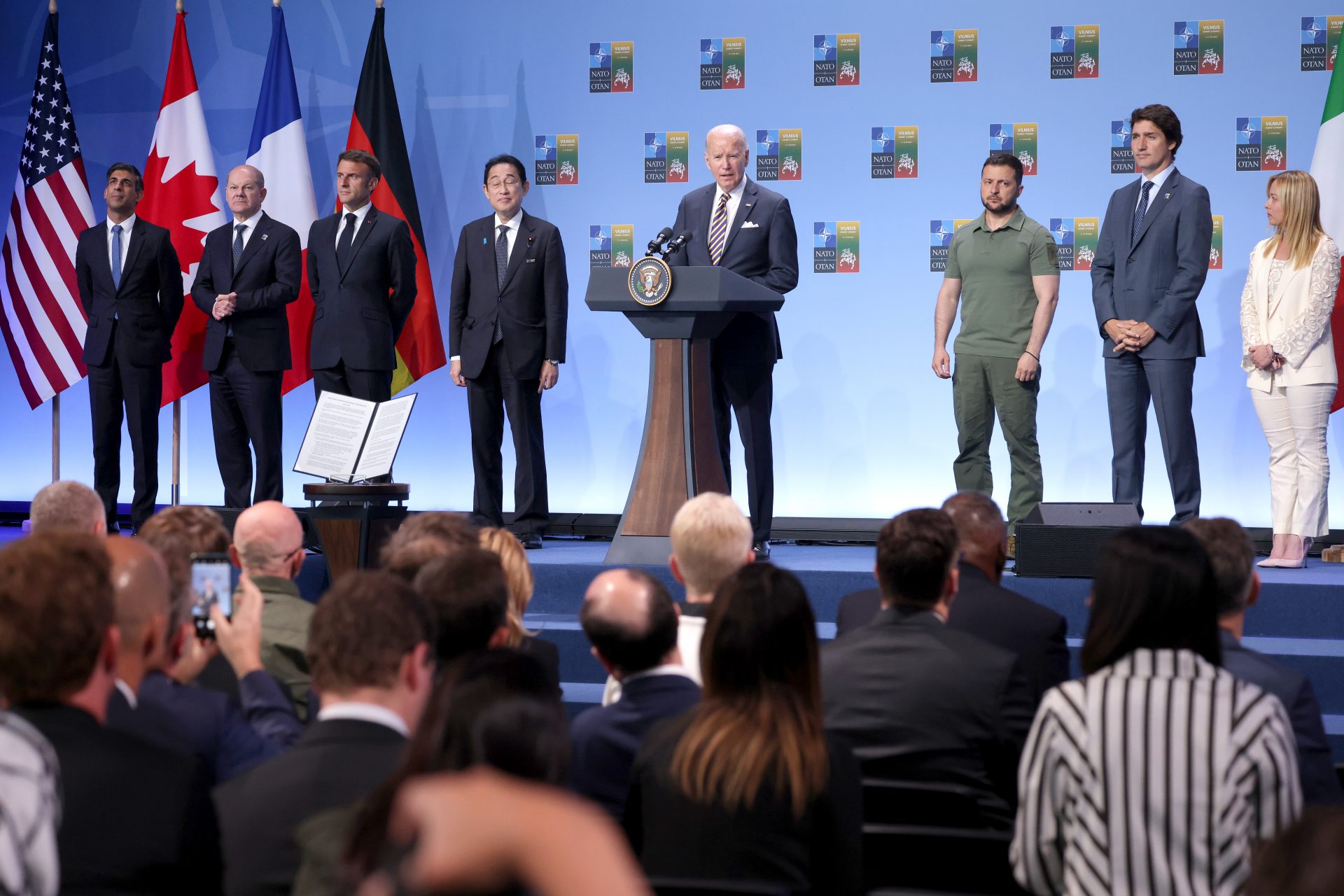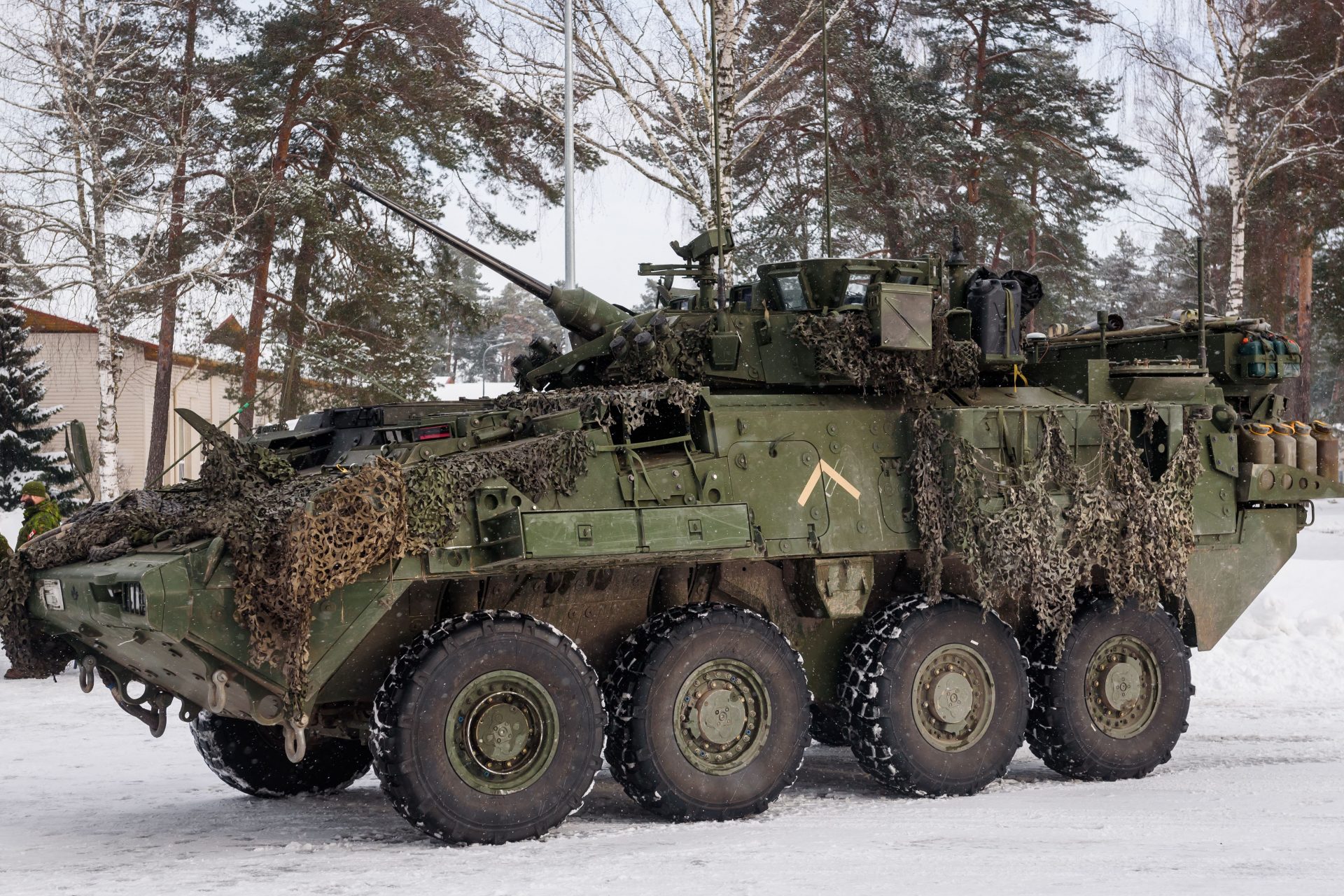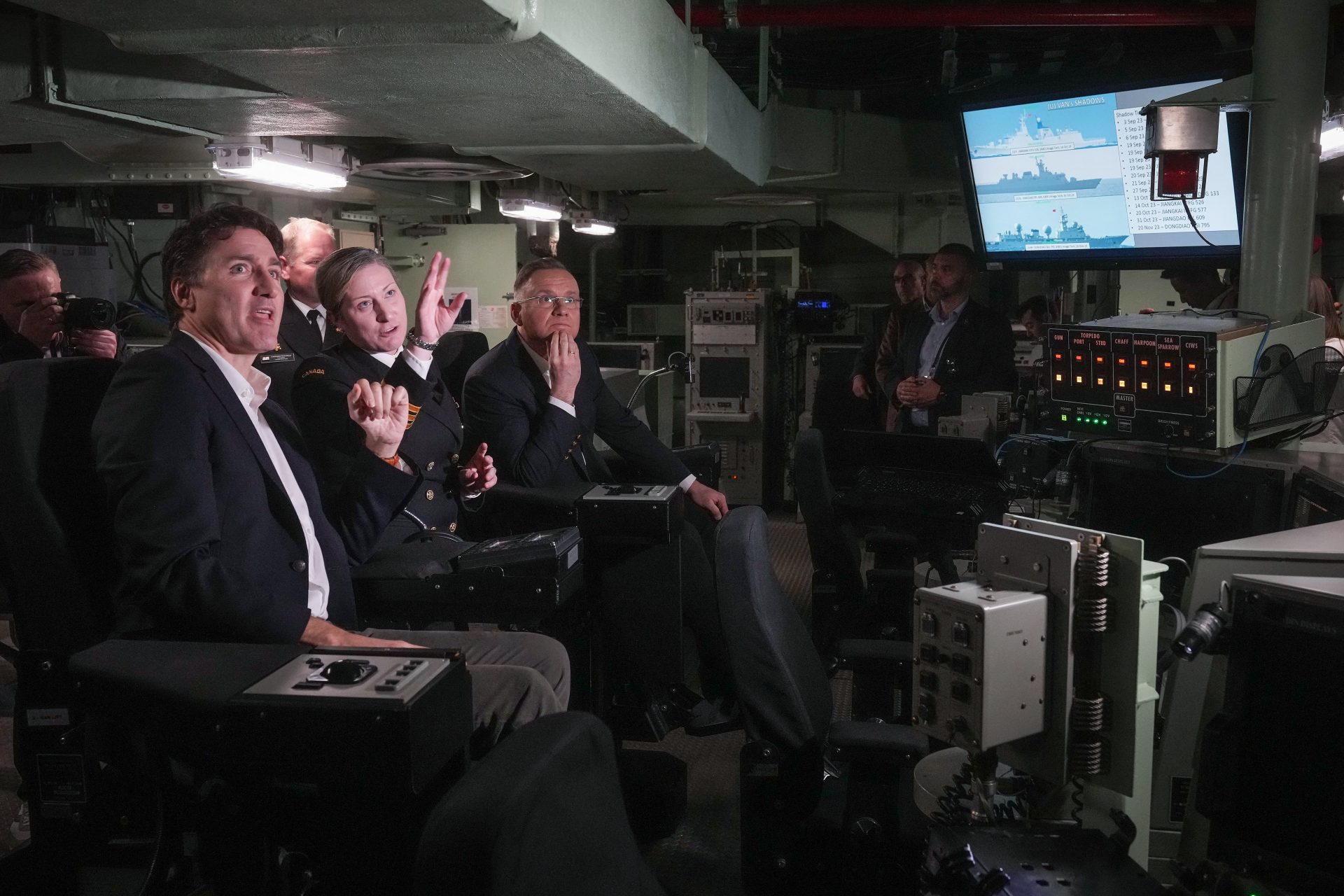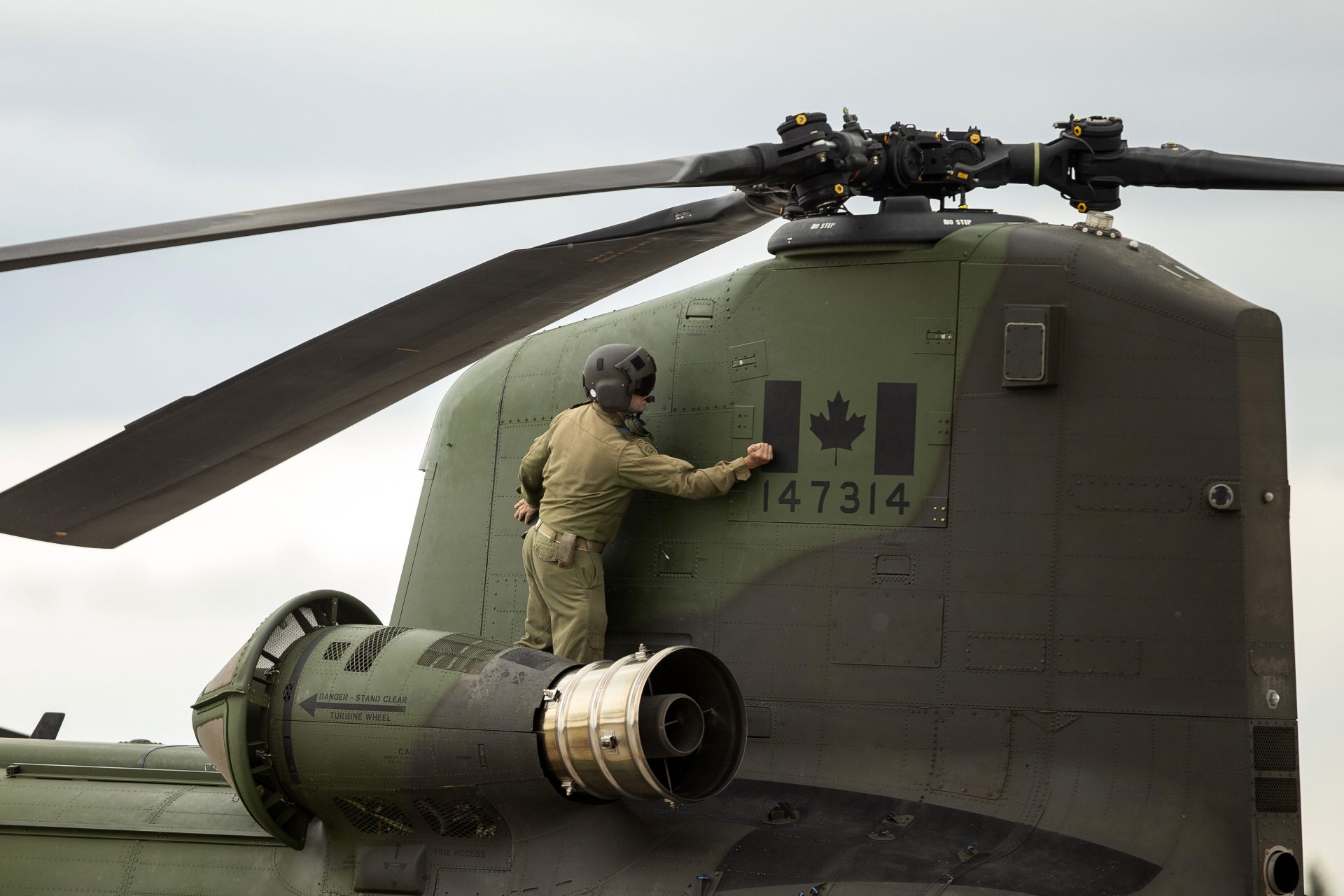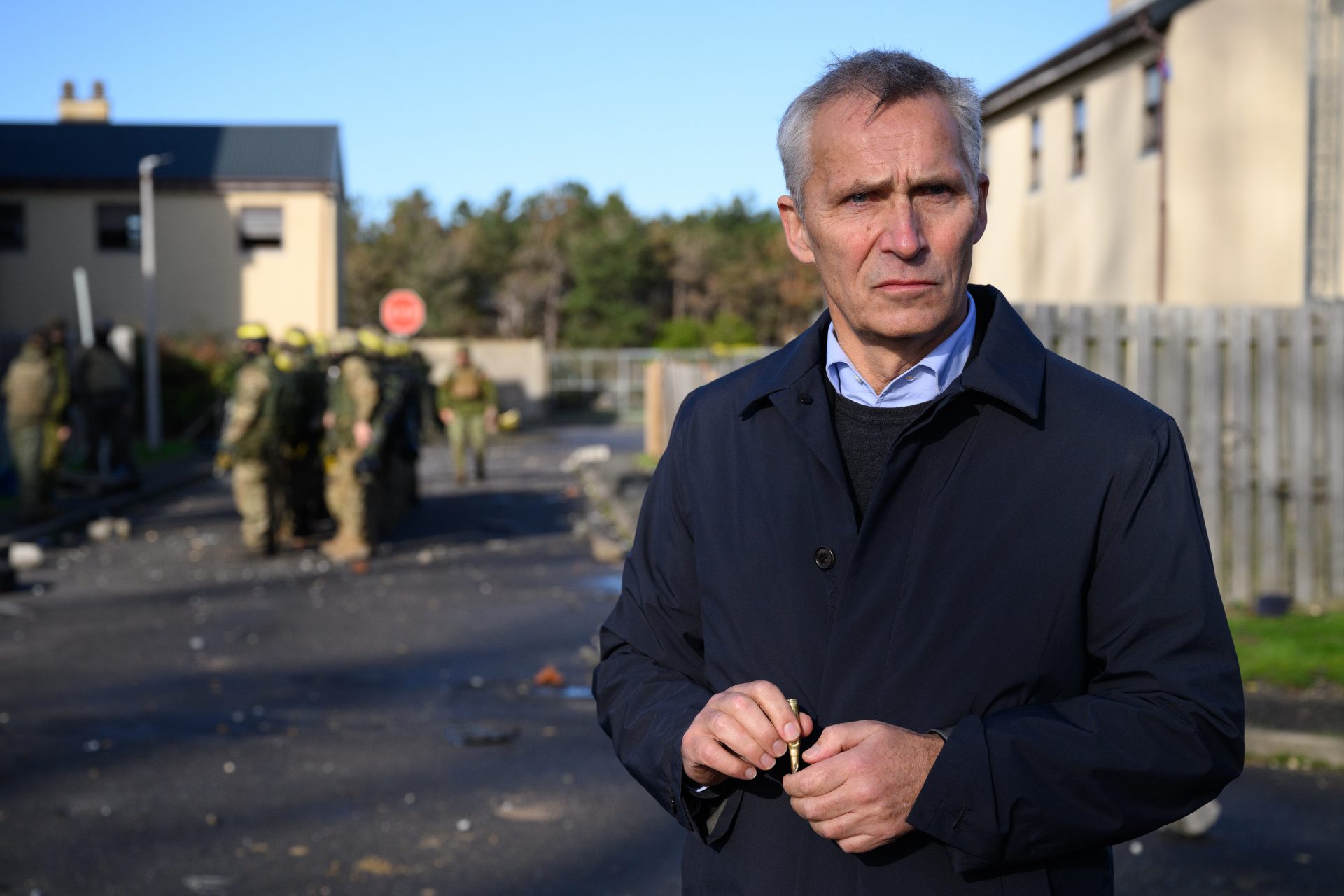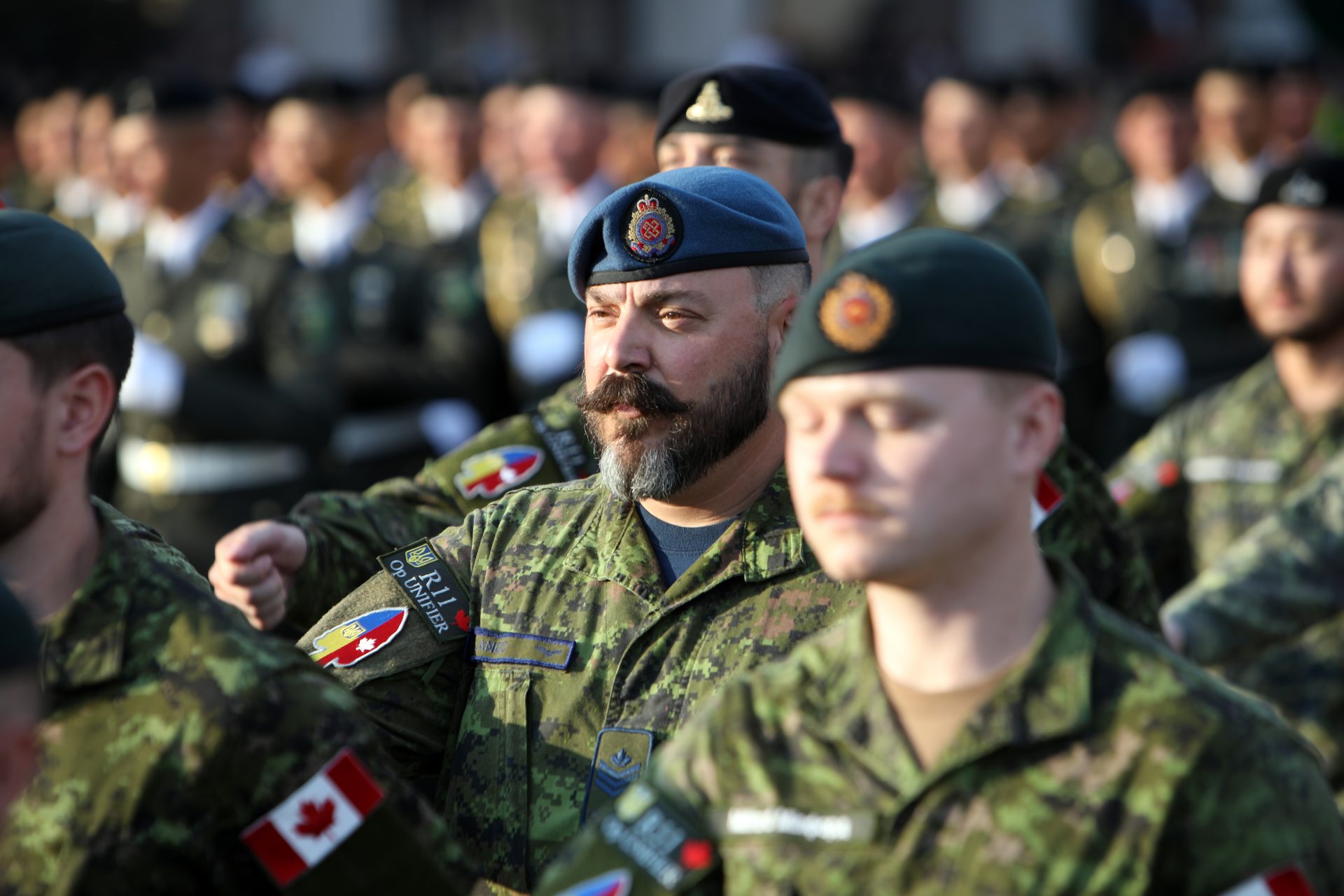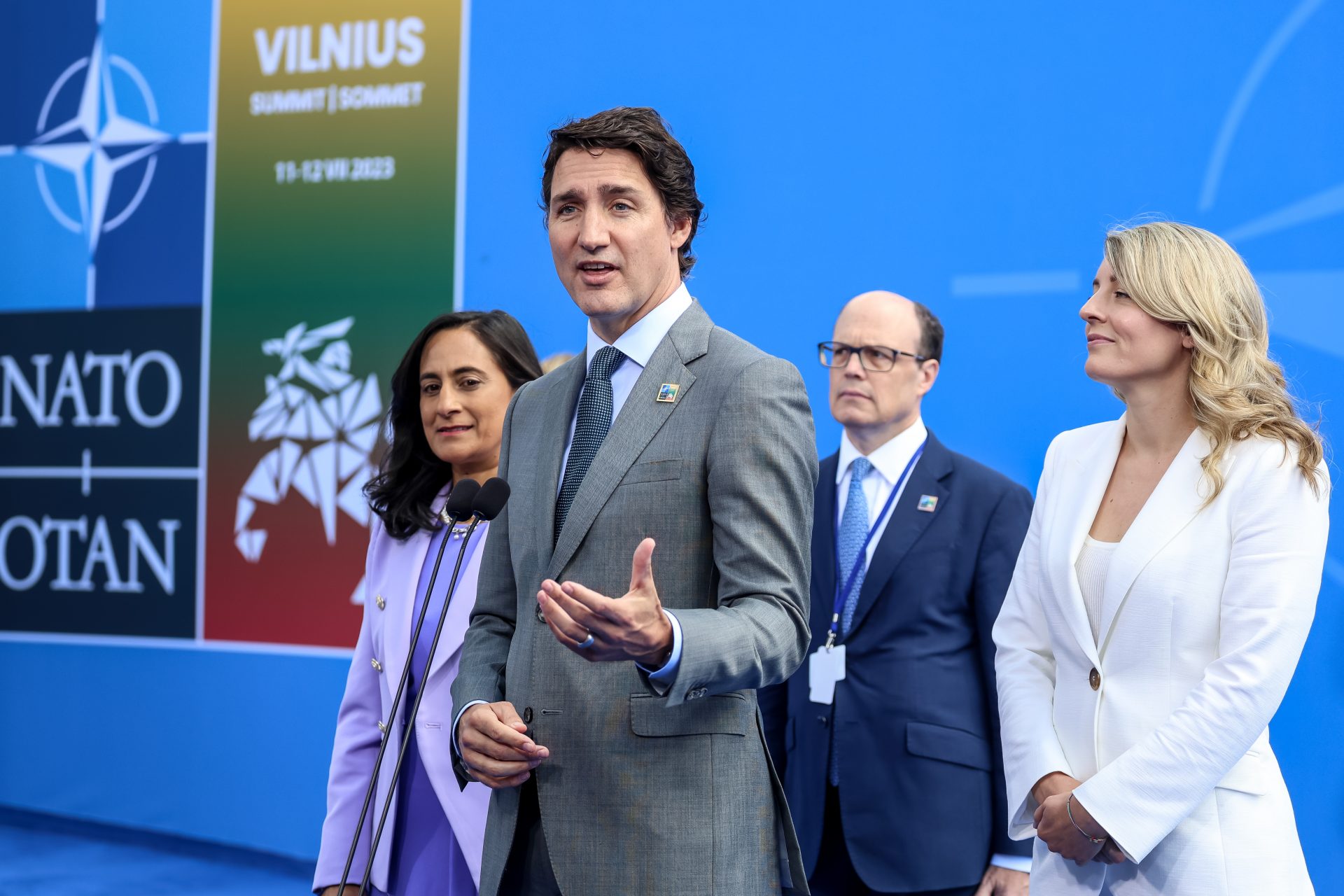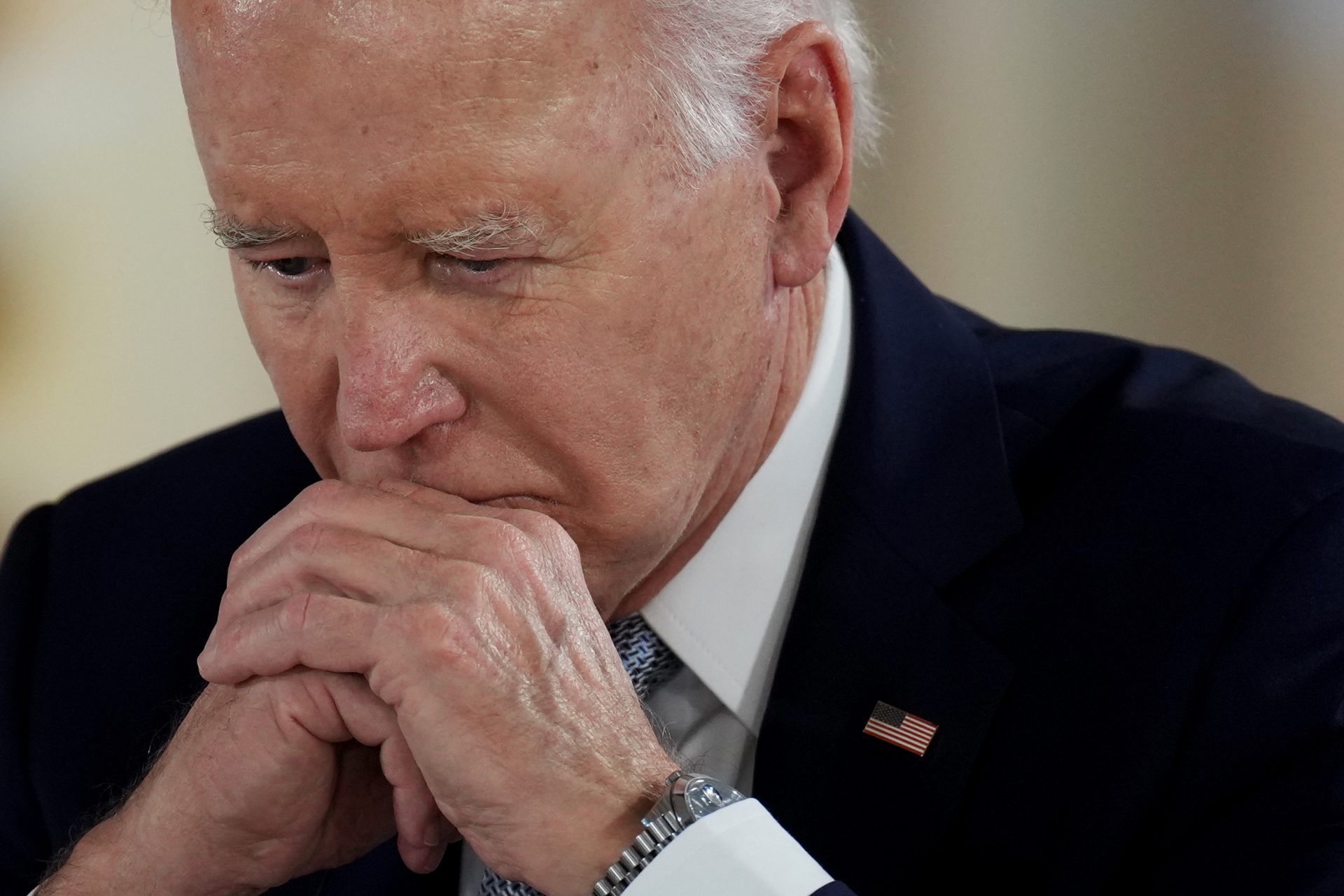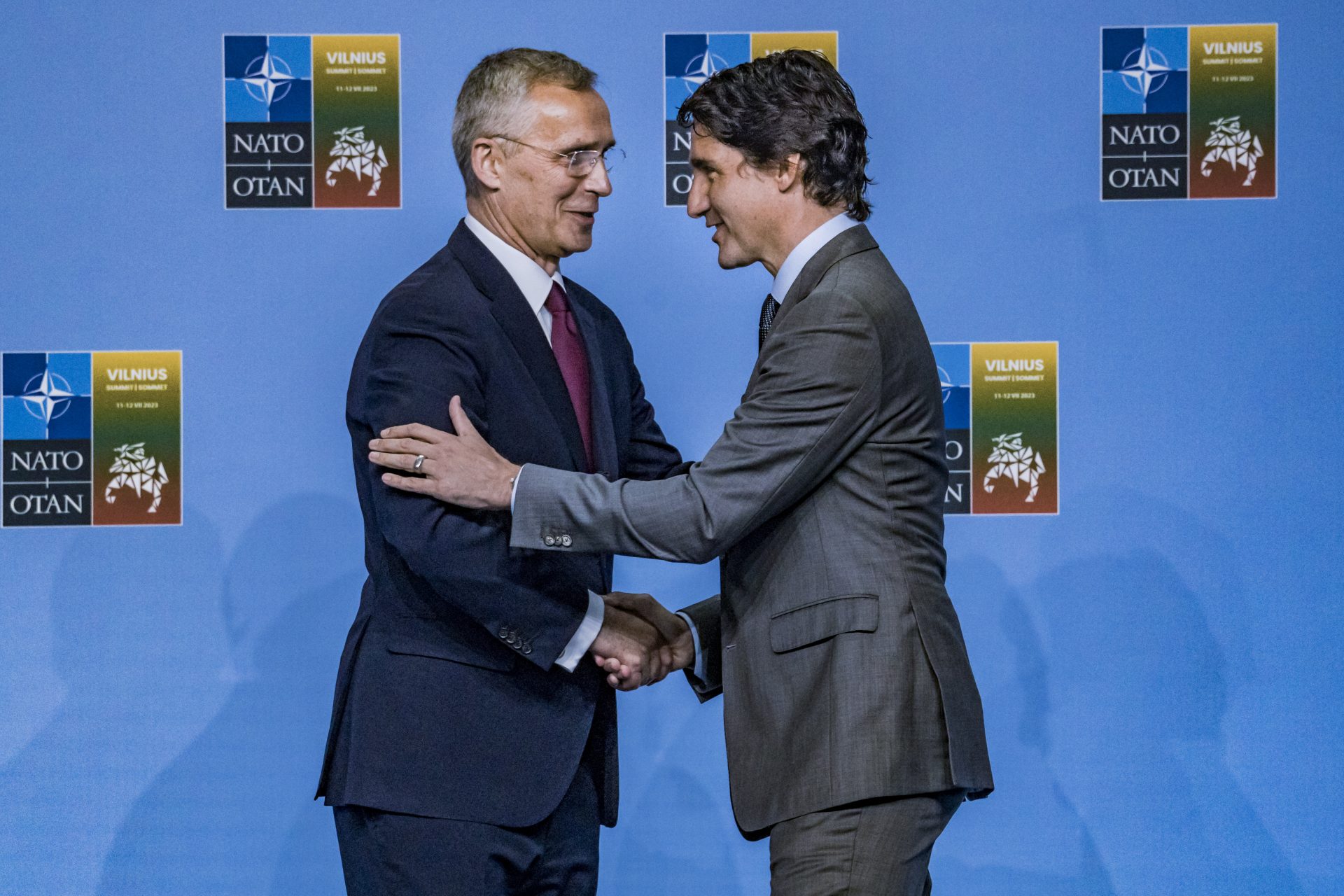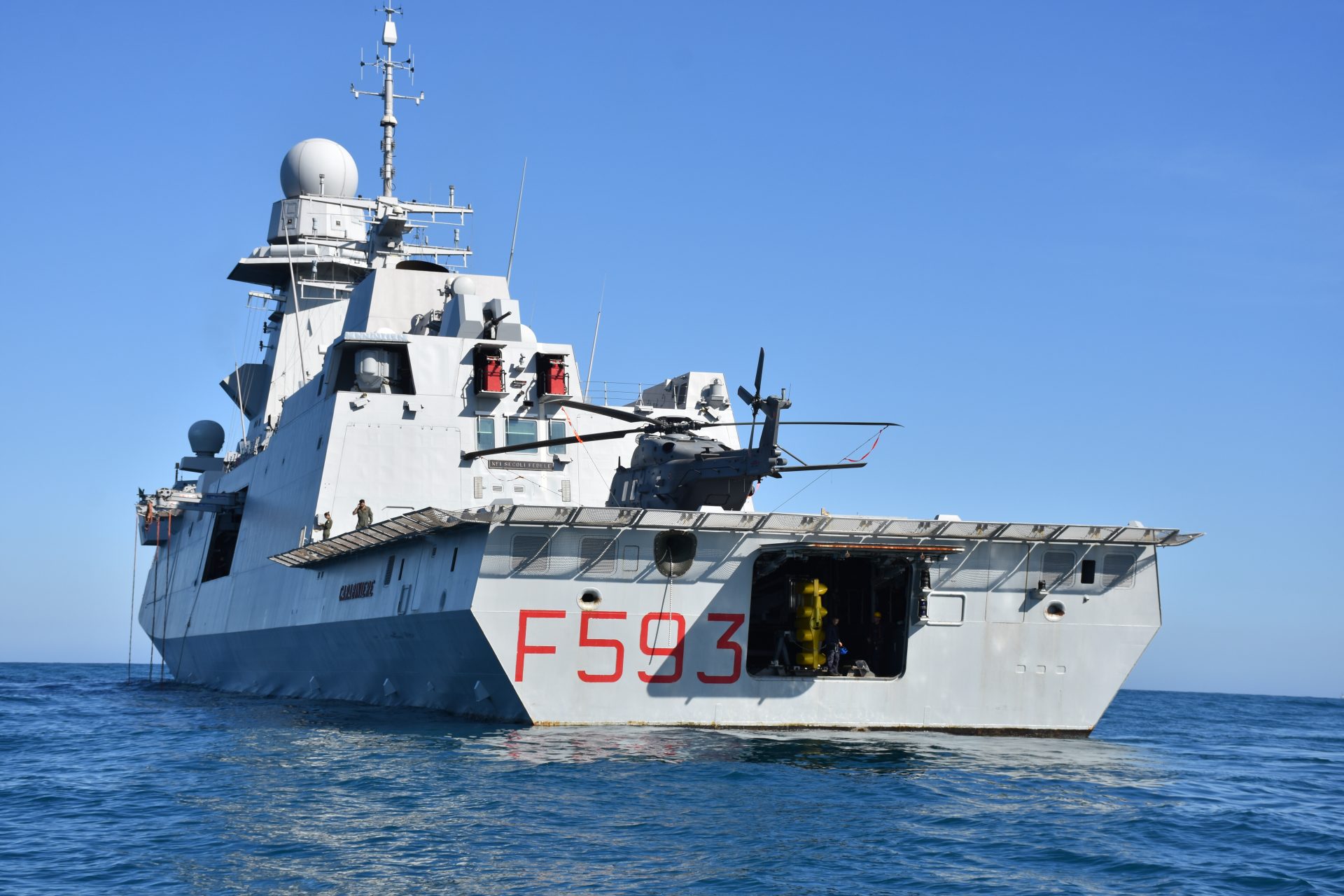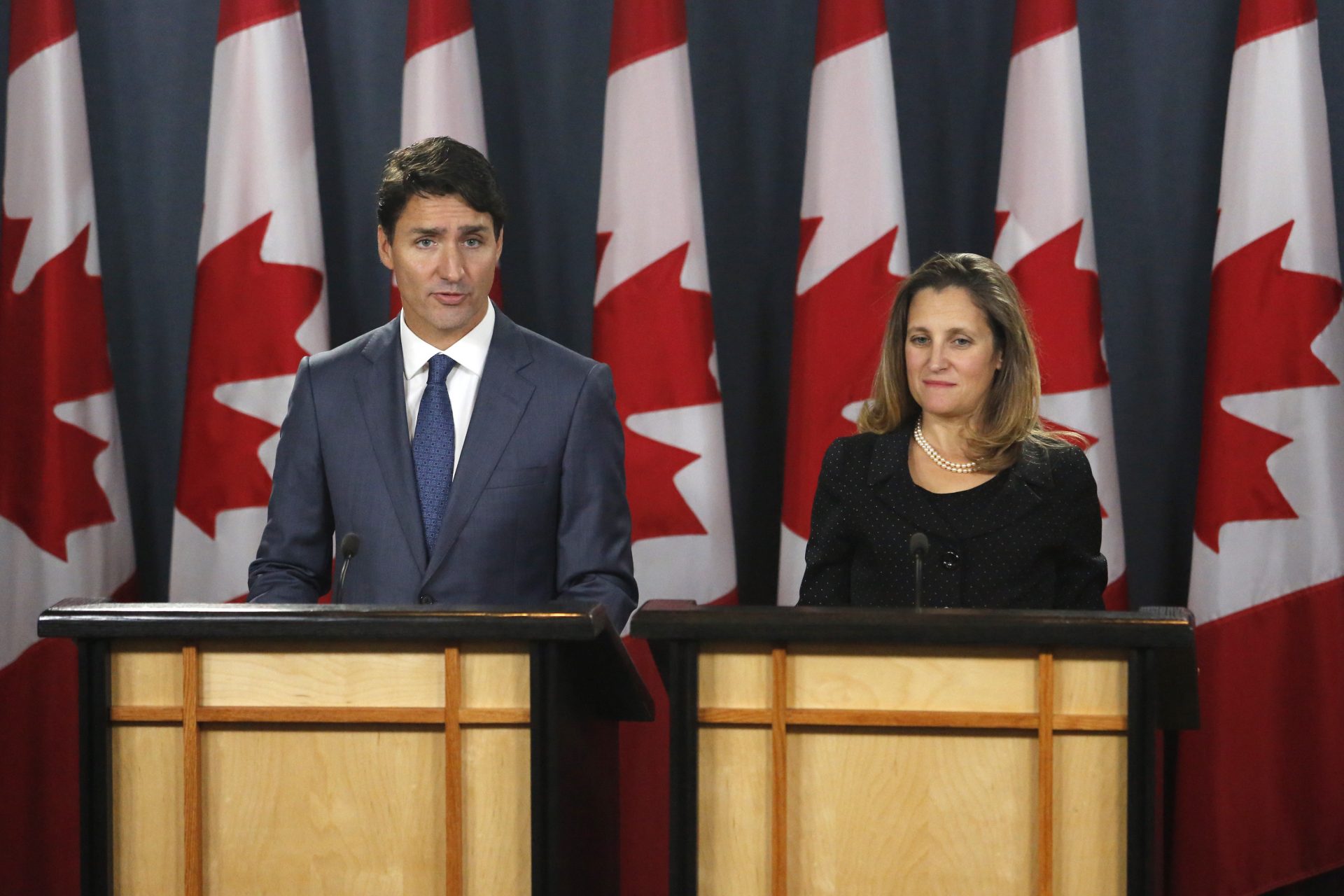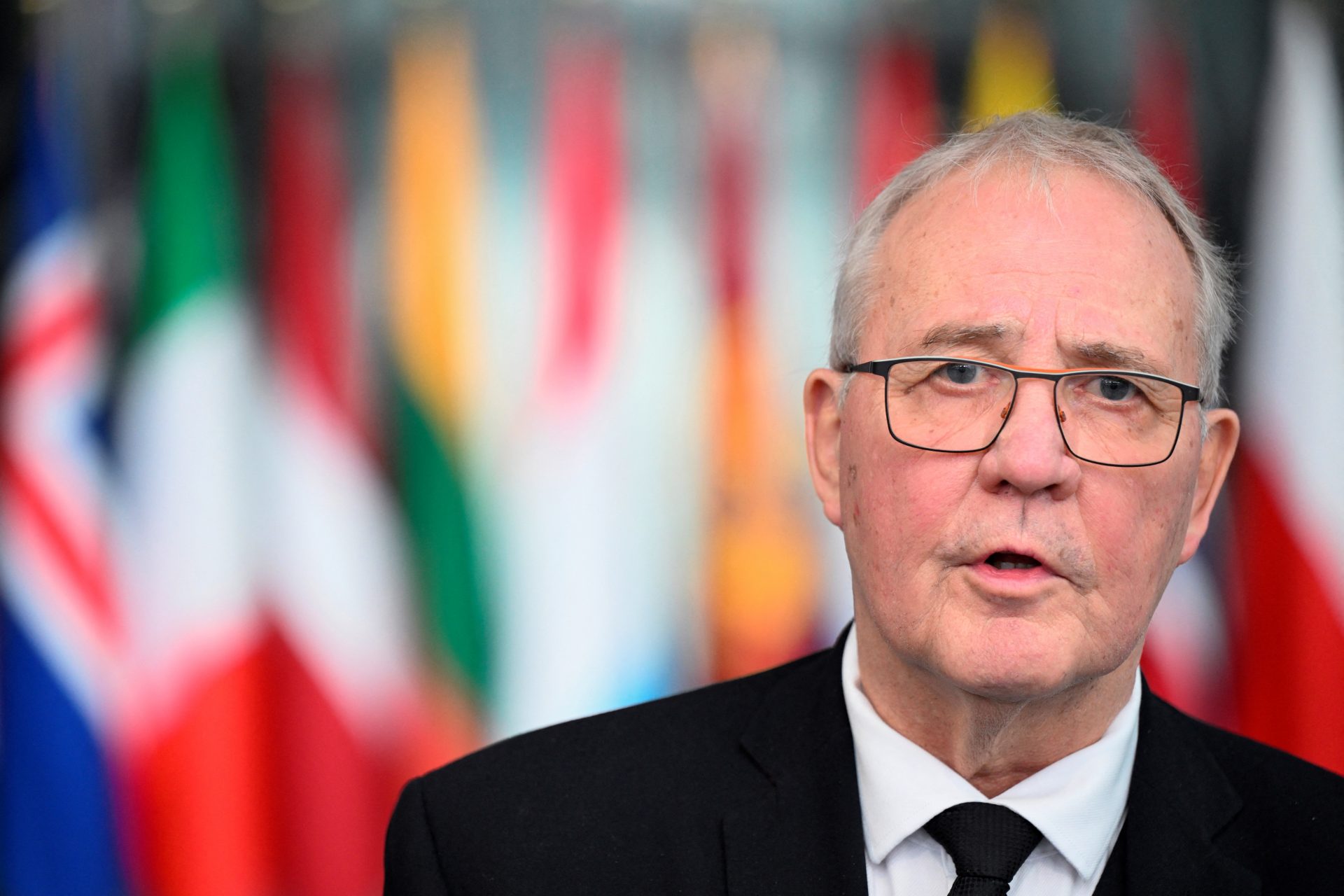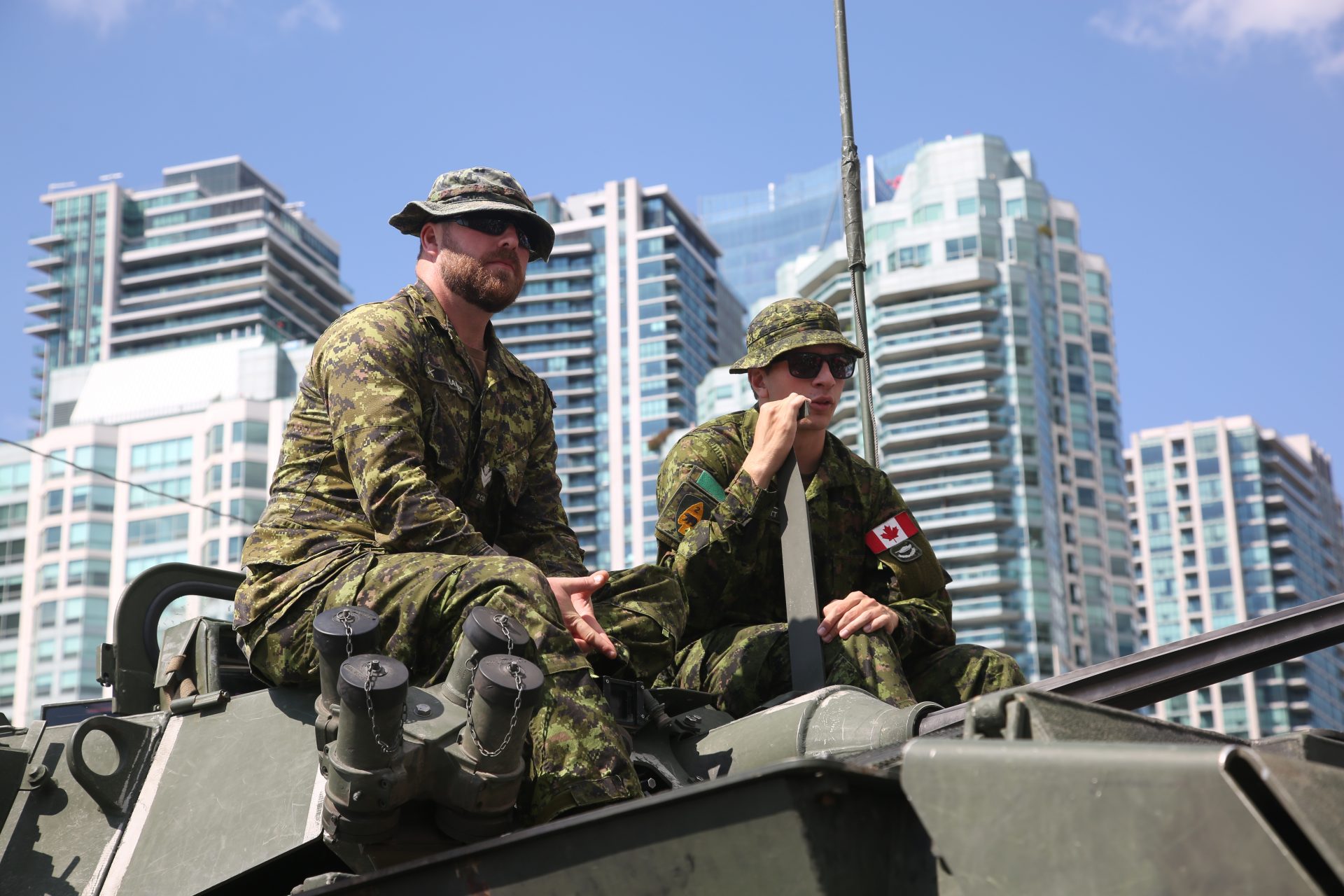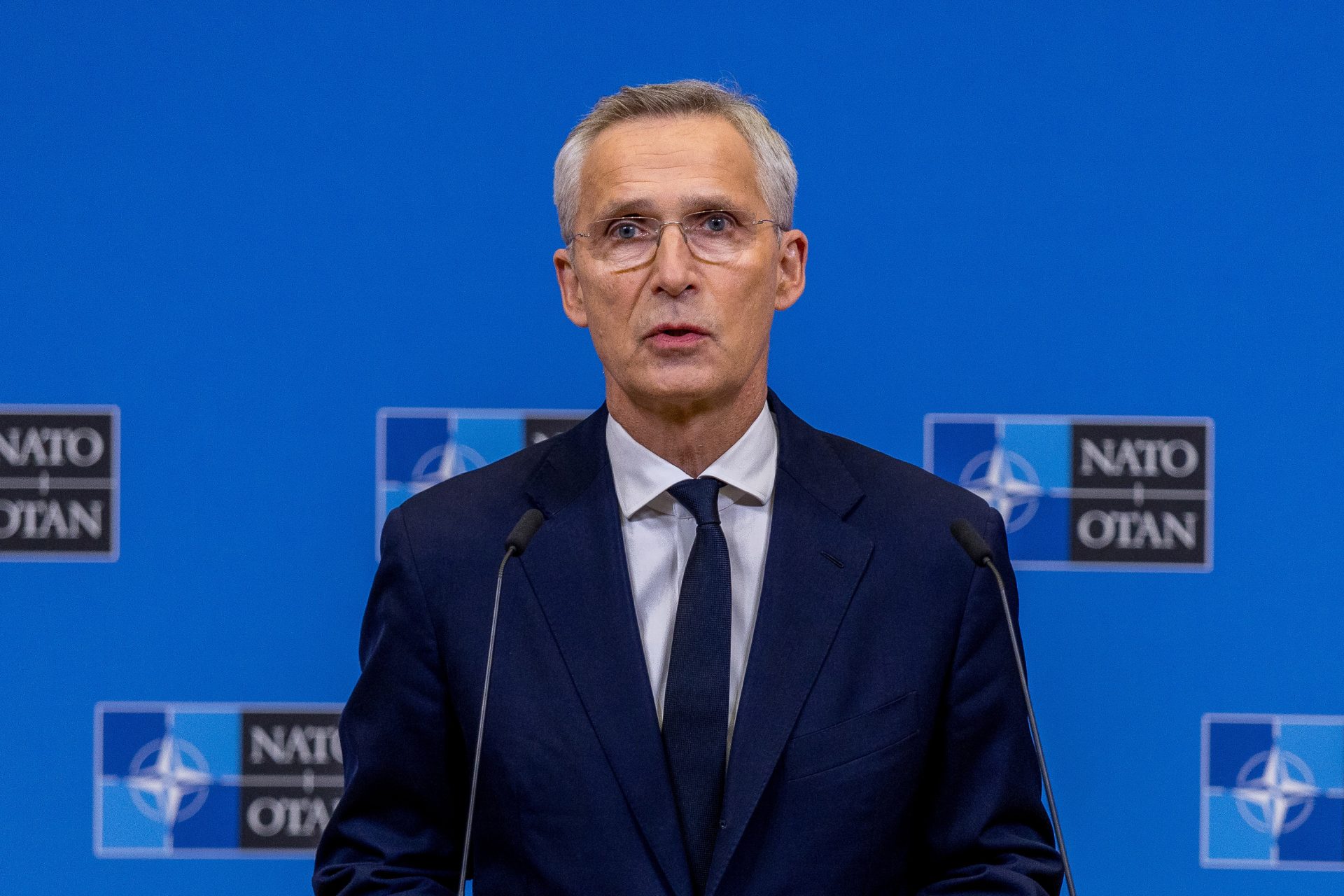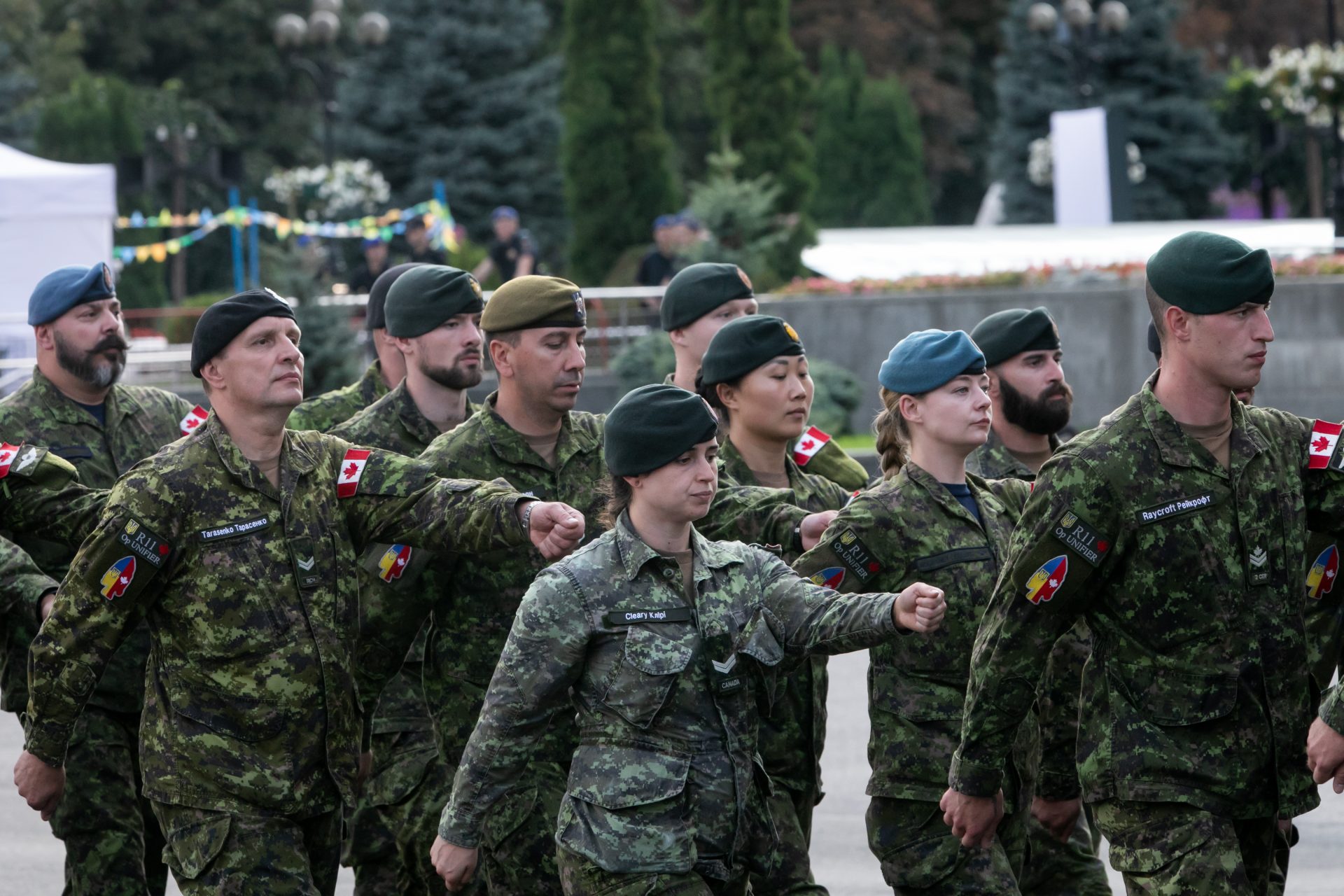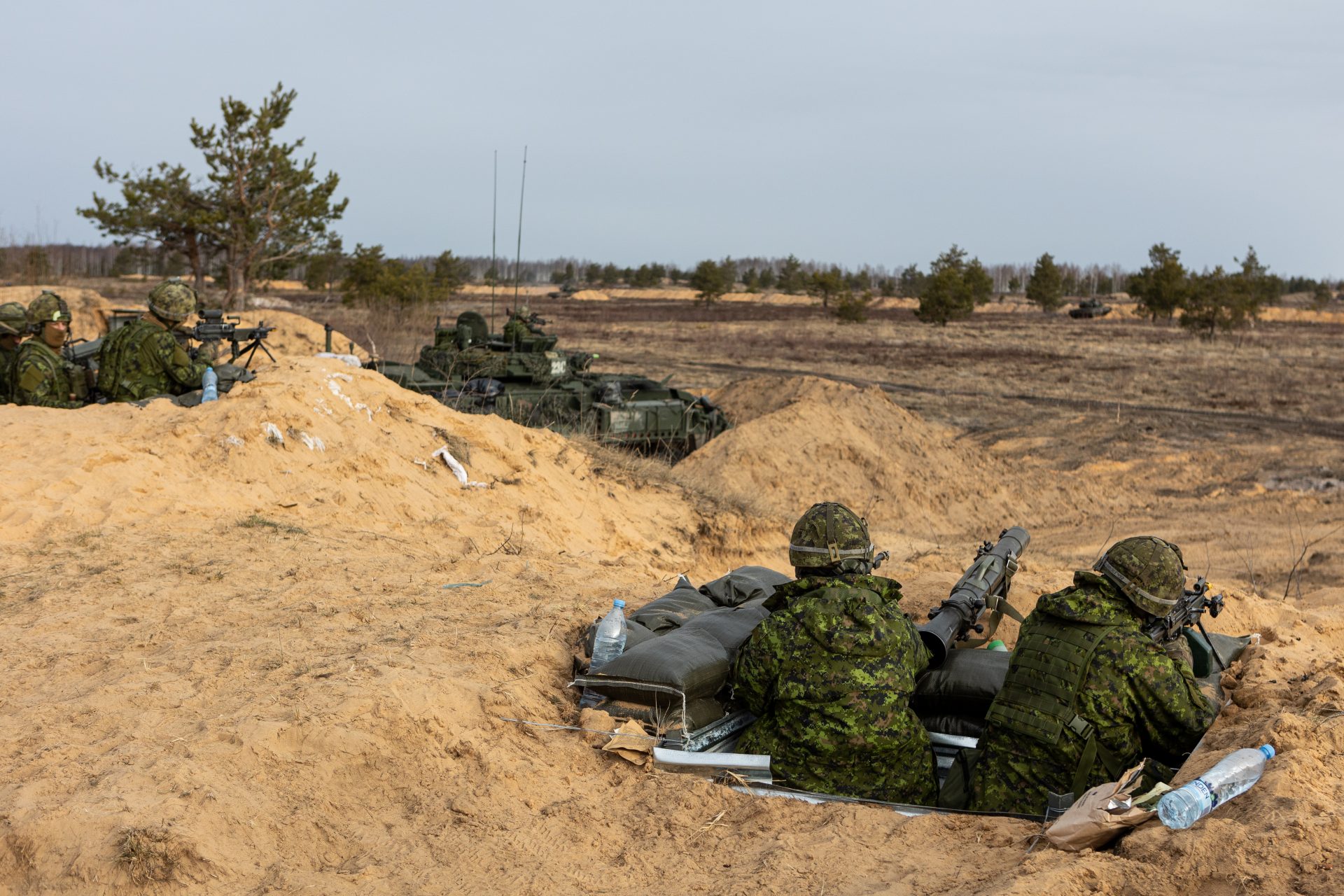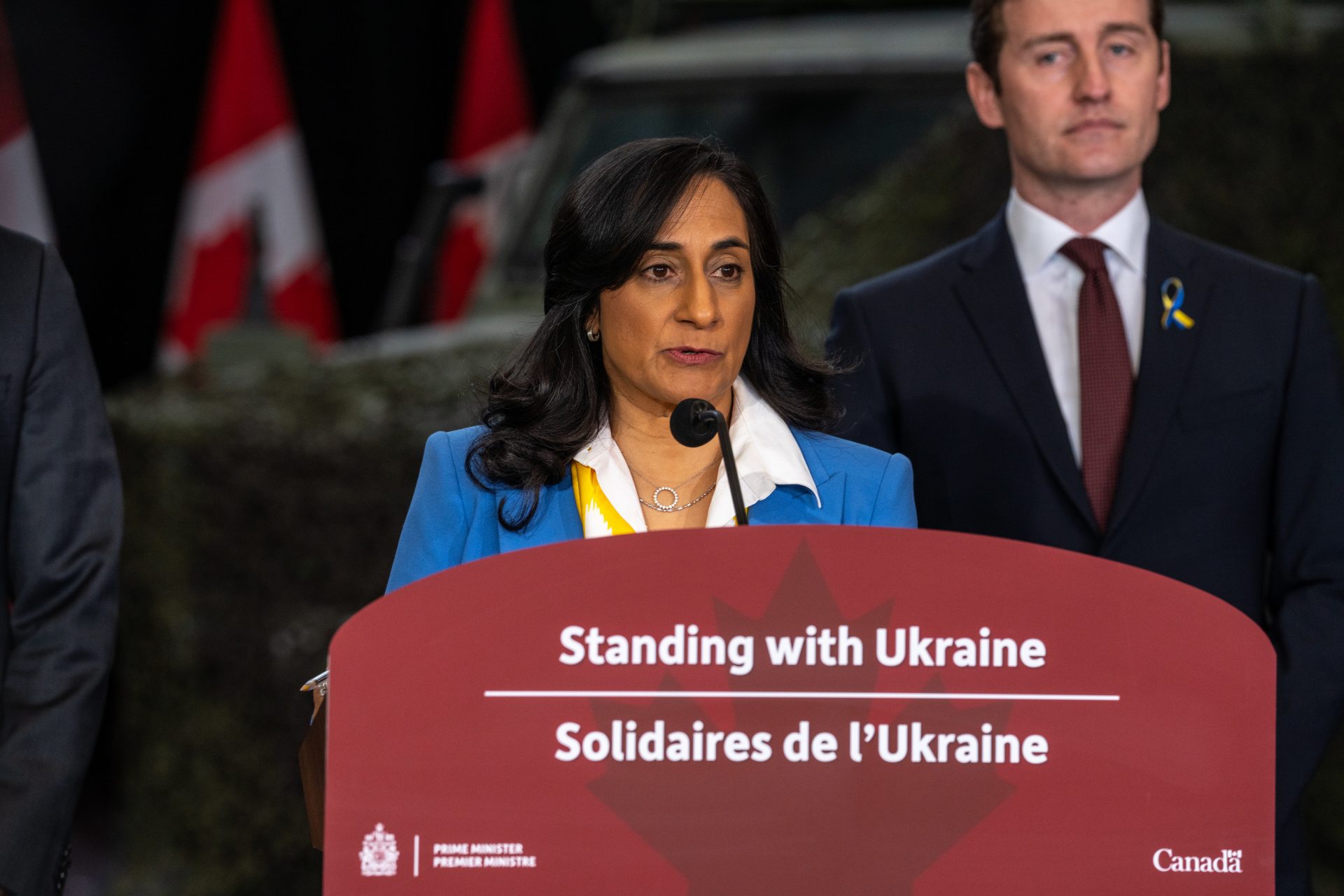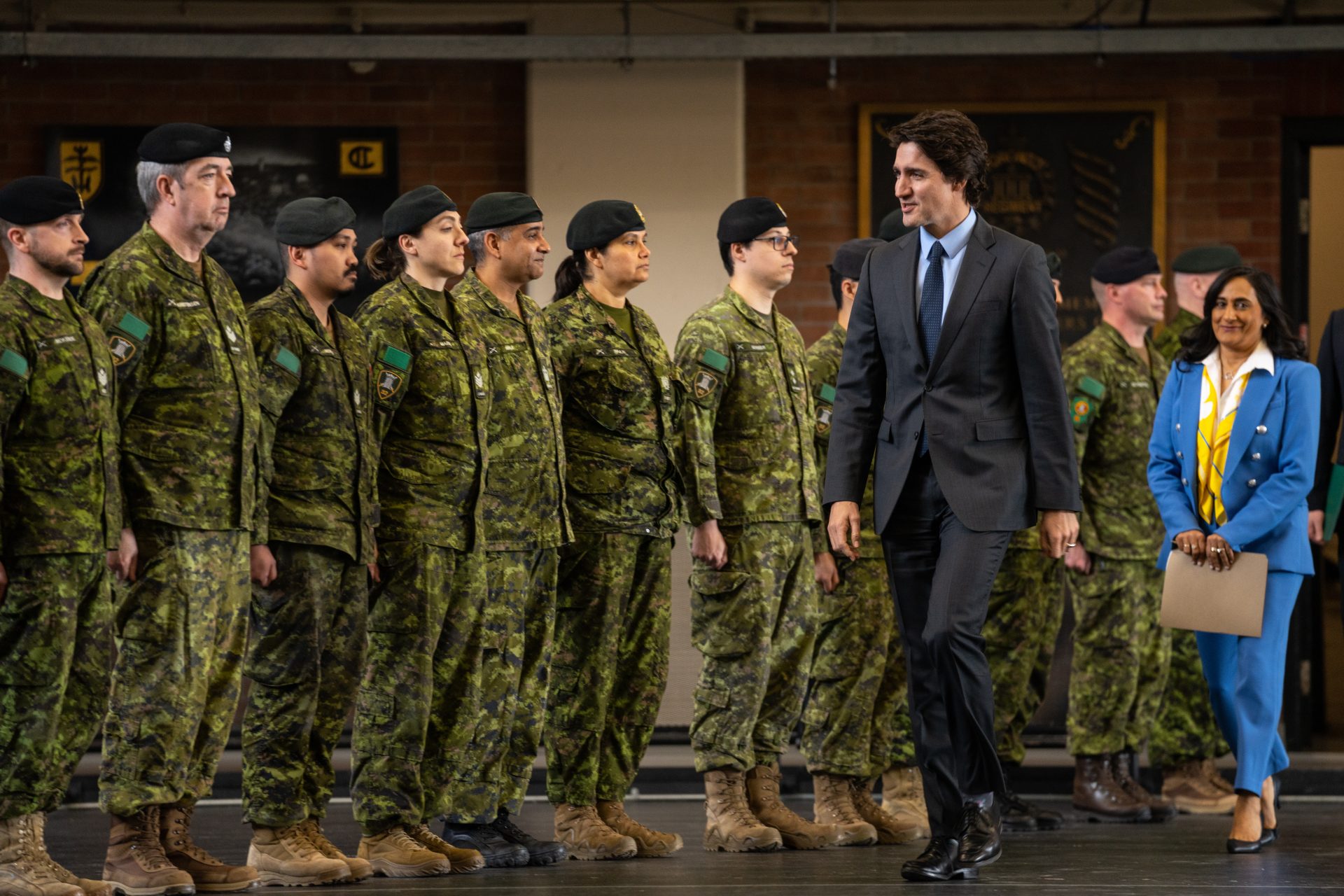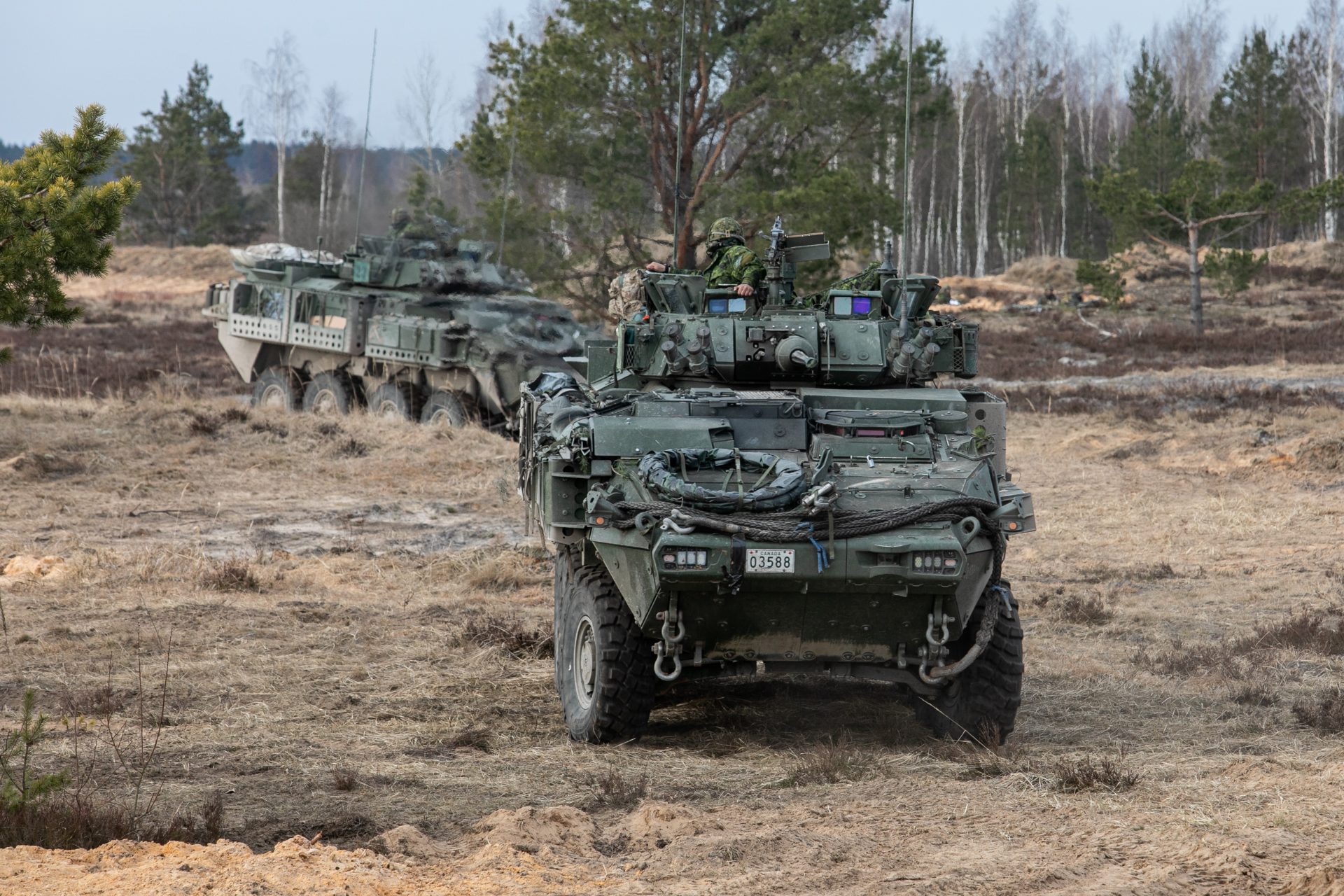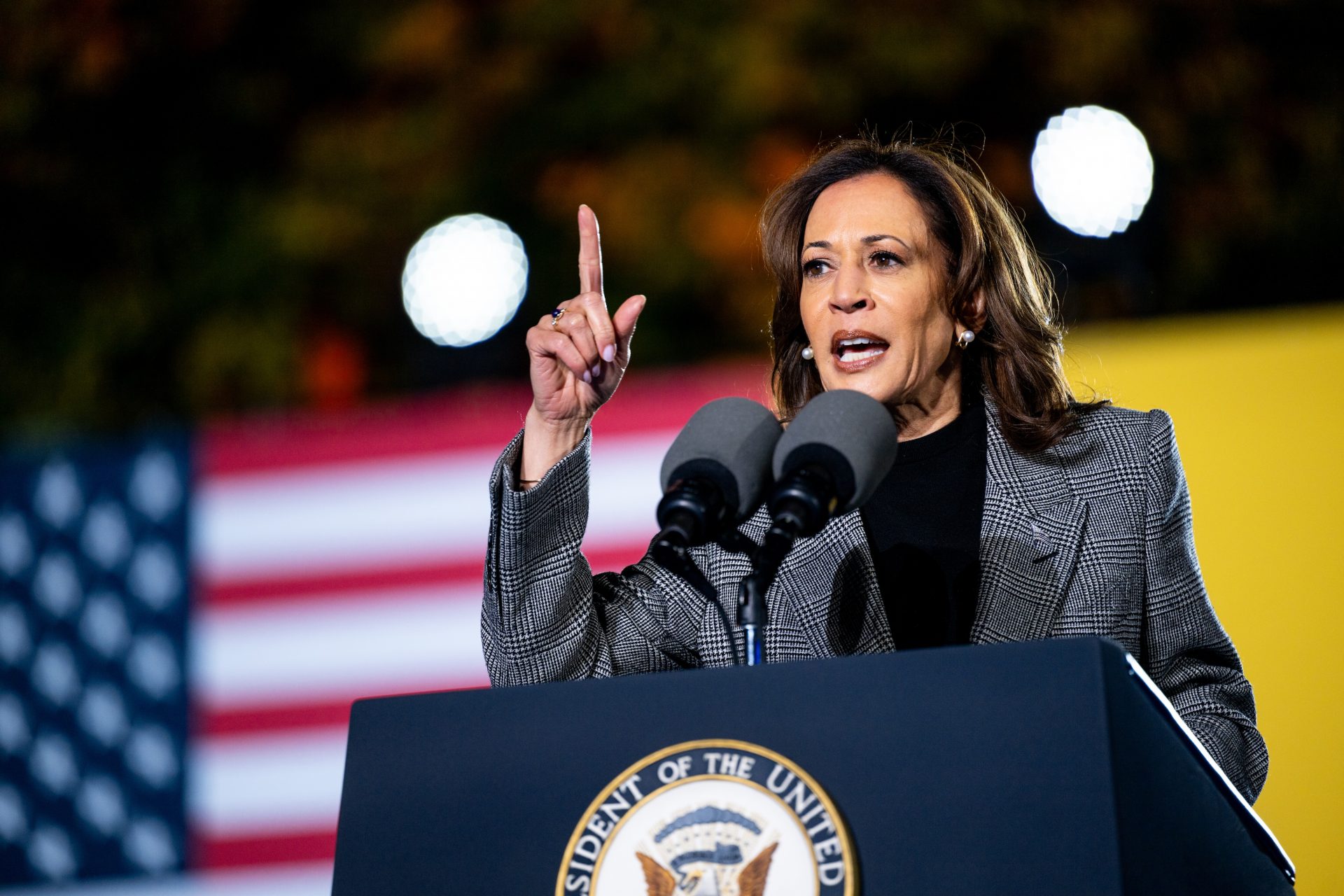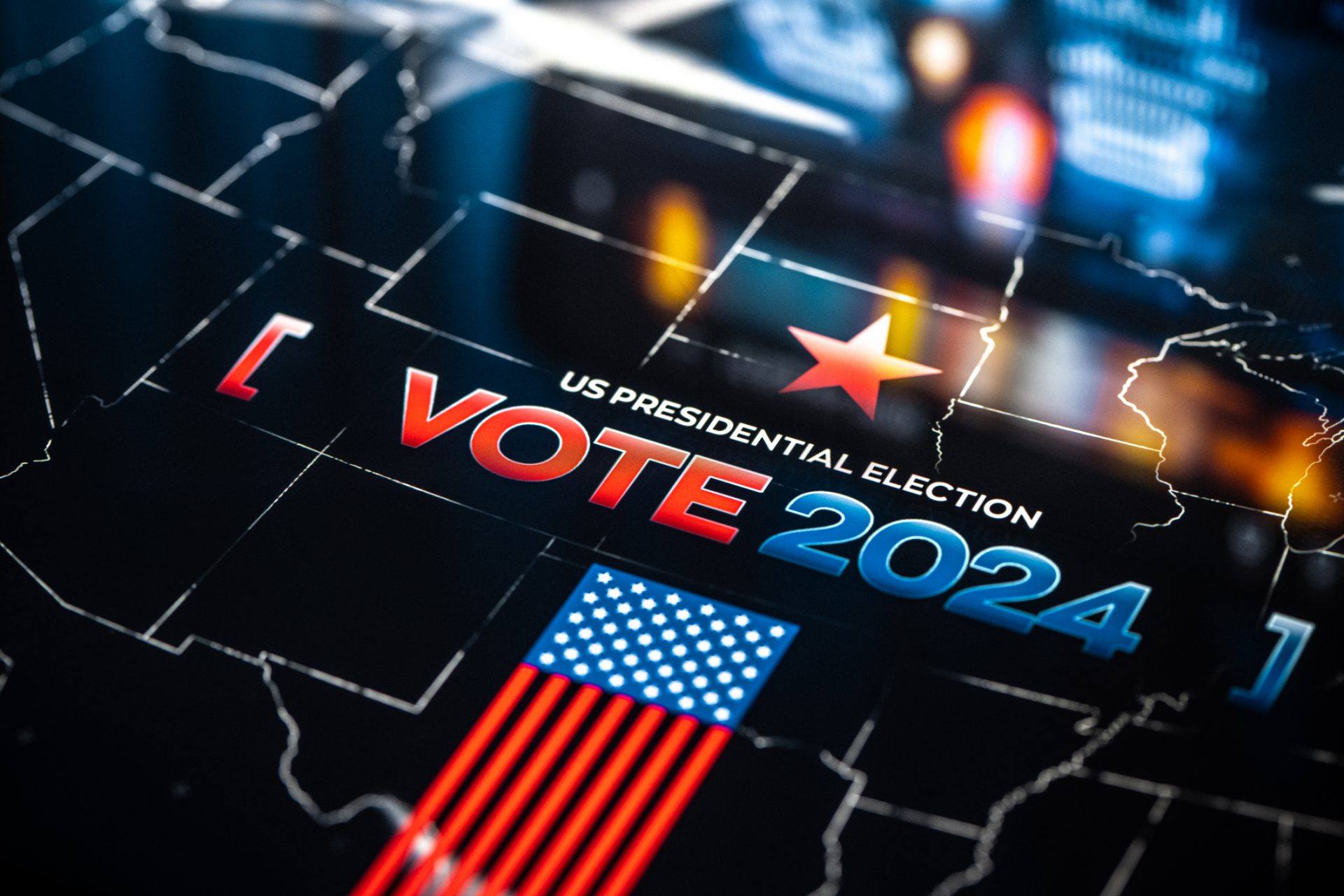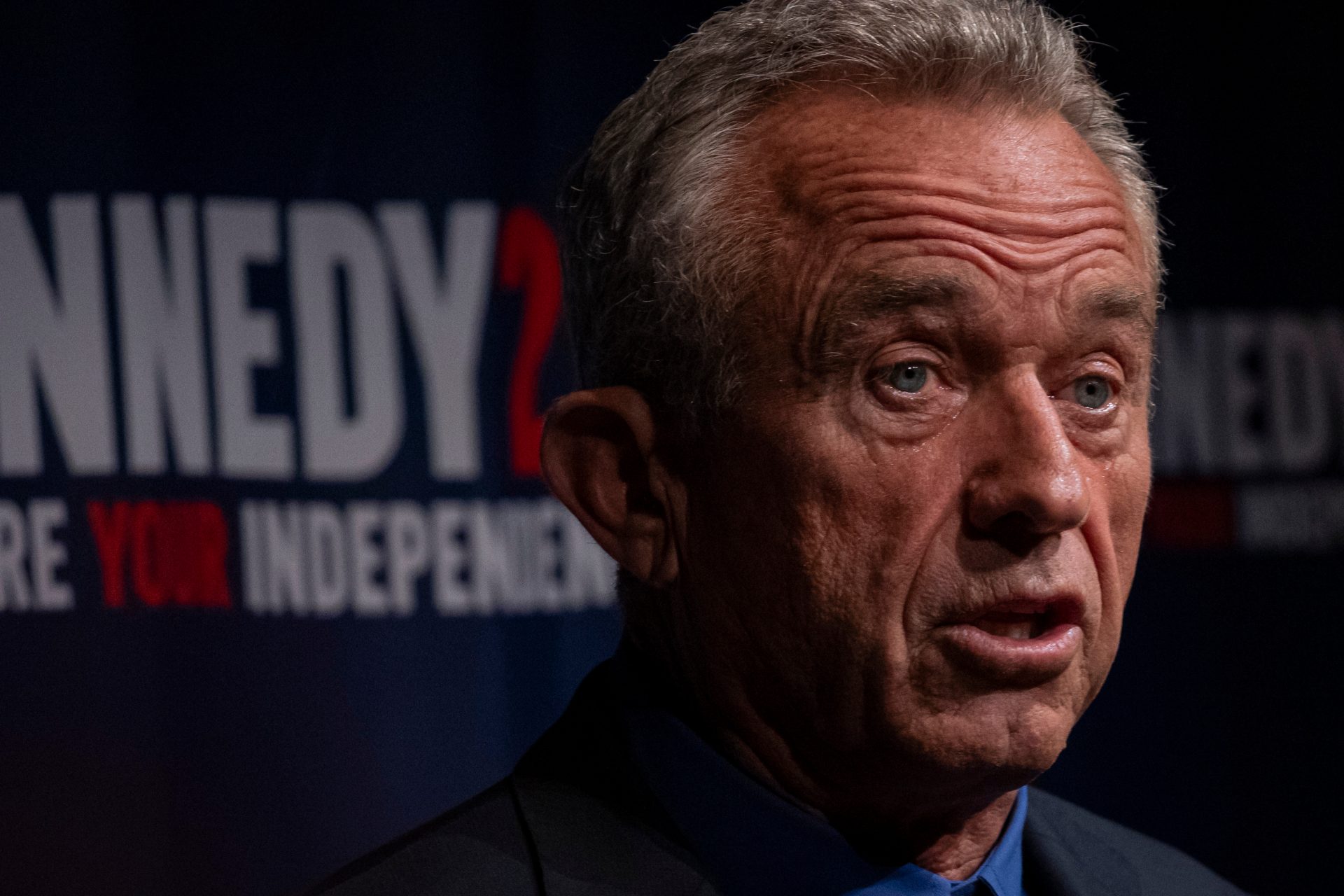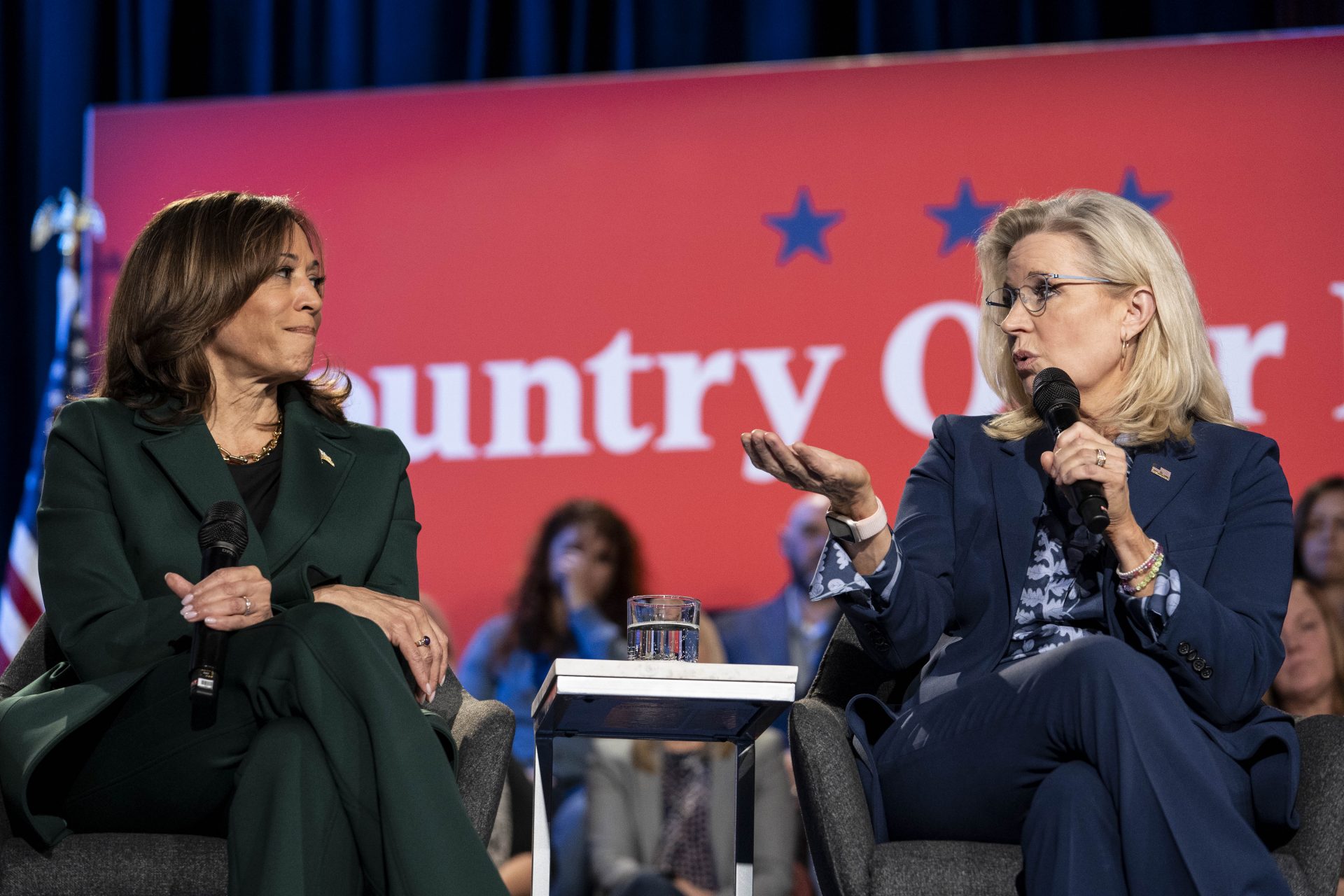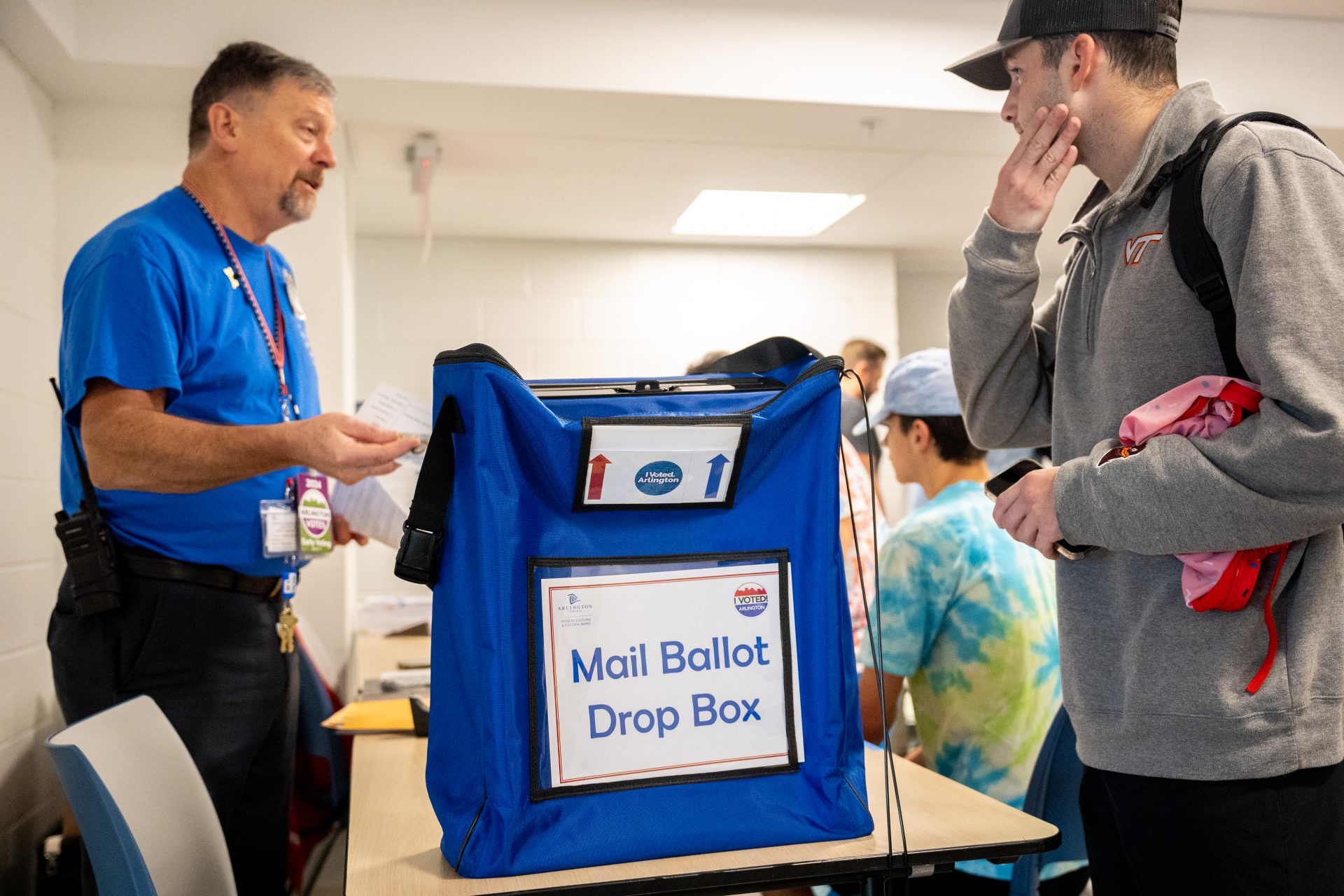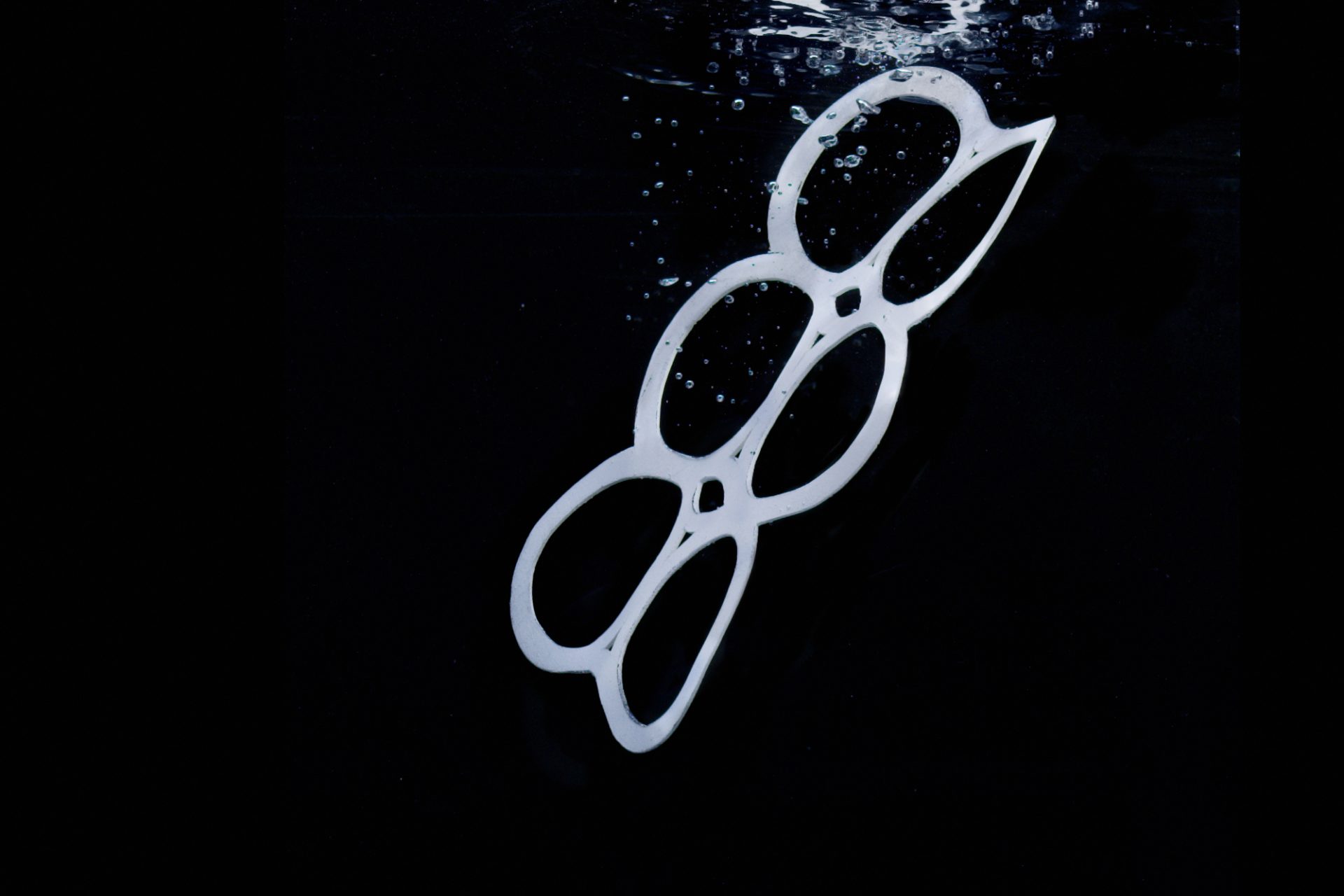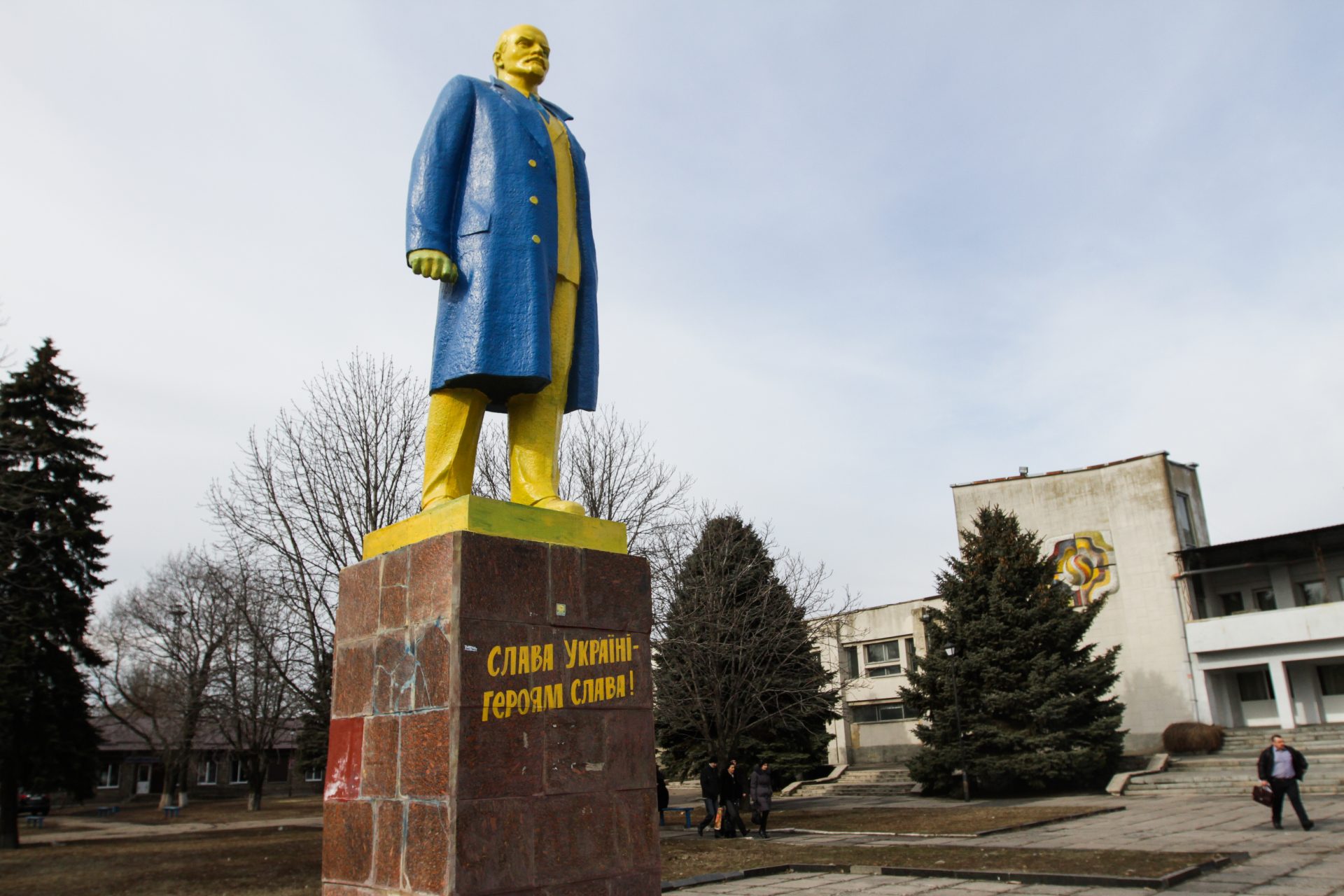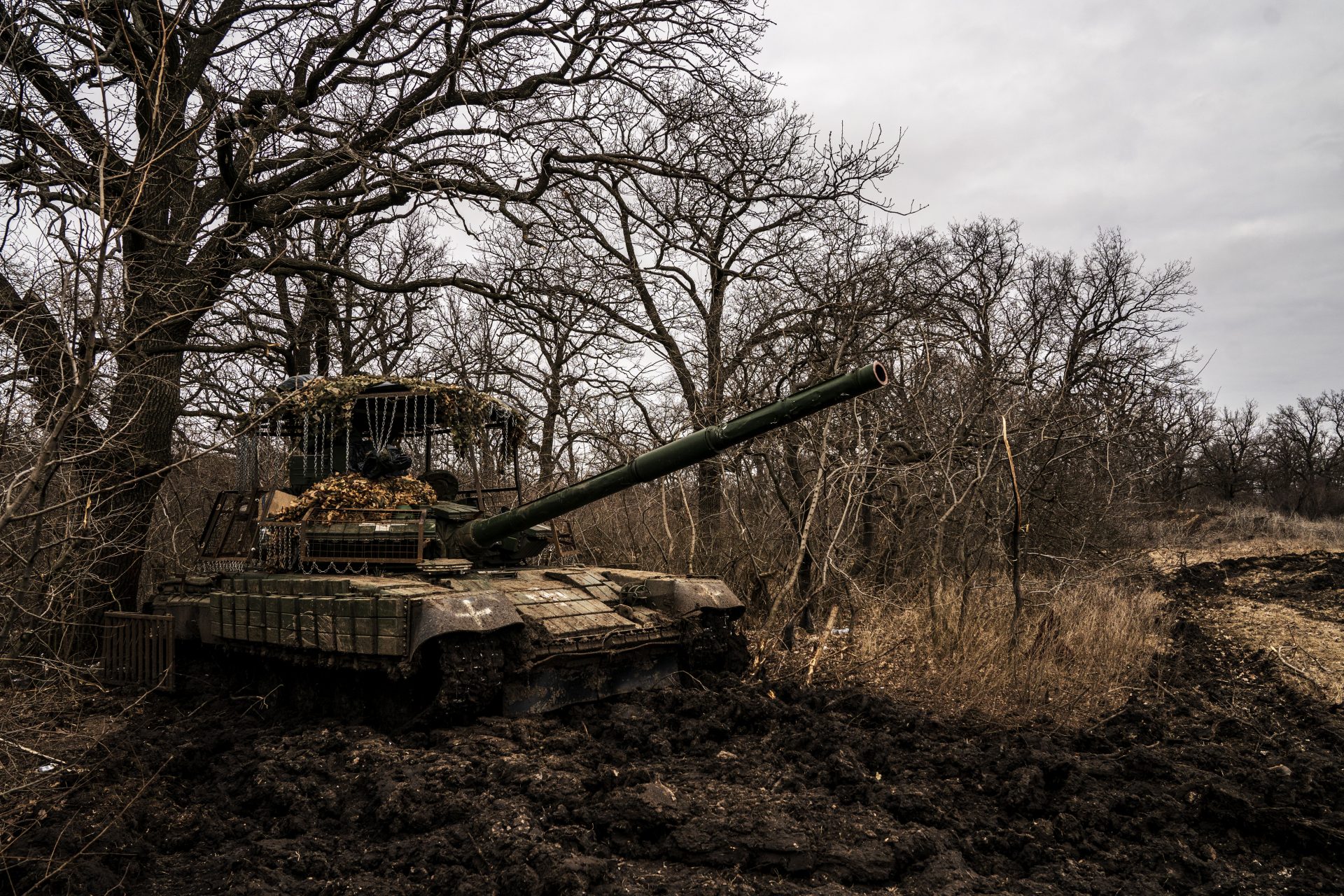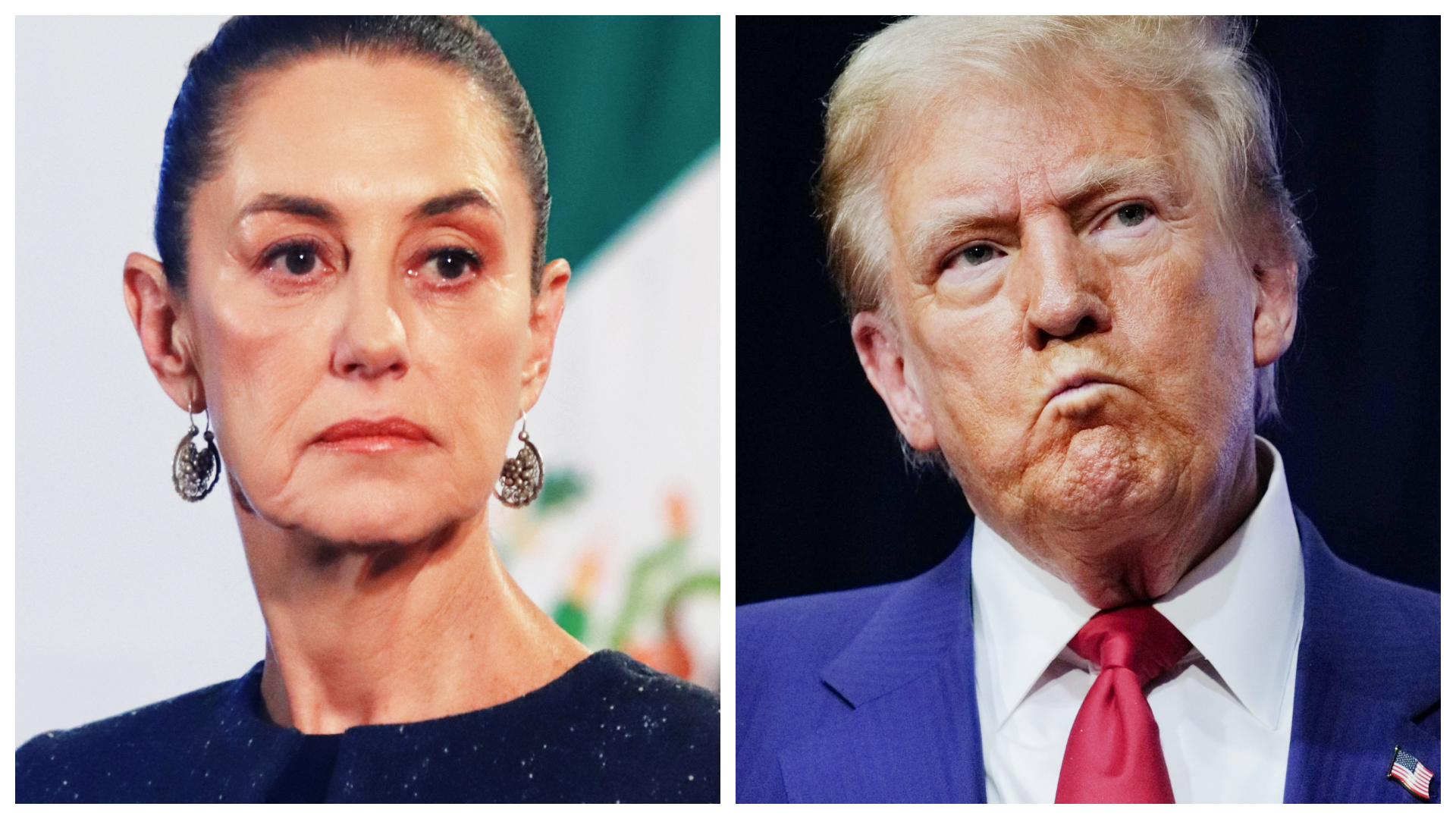Trudeau pledges to meet NATO's spending targets at summit but there's one big catch
Canadian Prime Minister Justin Trudeau has pledged that Canada will hit NATO's defense spending target after months of reports that the country's allies were upset with Ottawa's inability to meet its commitments.
Unfortunately for Canada's NATO allies, Trudeau's pledge comes with a big catch, Canada won't be hitting the defensive alliances spending target until 2023 based on what Trudeau said in the closing hours of the 2024 NATO Washington Summit.
“We can say with confidence and assurance that we will hit the 2-percent spending mark by 2032, Trudeau said at a press conference on July 11th according to Politico.
Whether or not this will be soon enough for Canada's allies has yet to be seen. But they haven't been very happy with Ottawa's lack of commitment to its commitment to NATO, especially the U.S. Speaker of the House Mike Johnson.
Prior to NATO's 2024 Washington Summit, House Speaker Johnson complained that Canada was “riding on America’s coattails” at a security forum connected to the summit according to CTV News.
“They have the safety and security of being on our border and not having to worry about that. I think that’s shameful. I think if you’re going to be a member nation and participant, you need to do your part,” Johnson said, and he wasn't wrong.
The Canadian federal government unveiled its latest upgrade to Canada’s national defense policy in April 2024. However, Ottawa’s new plan had one major flaw: it failed to meet NATO’s 2% defense spending agreed to by Canada.
According to NATO, leaders from every NATO member state agreed at the 2023 Vilnius Summit to a new Defense Investment Pledge that saw each of the defensive alliance’s members commit to spending 2% of their GDP on defense spending.
However, Canada's federal government's new national defense policy revealed Ottawa would not meet the 2% spending threshold, though a breakdown of the new defense policy by the Government of Canada noted it was getting close.
The ‘Our North, Strong and Free’ policy will see Canada invest $8.1 billion dollars over the next five years into defense spending as well as another $73 billion over the next 20 years. But this still isn’t enough to hit NATO’s 2% threshold.
Canada’s new defense investments will push its defense spending-to-GDP ratio to 1.76% by 2029-30, something the government called “a significant step forward in our efforts to reach the NATO commitment of 2% to which we agreed at the Vilnius Summit in 2023.”
“The initiatives under this defense policy also put Canada on track to exceed NATO’s target of 20% for major equipment expenditures as a proportion of defense funding,” the Government of Canada added.
While the Government of Canada was quite proud of its spending achievement, its allies weren’t happy about Ottawa skirting its defense spending commitment to NATO once again. One retired lieutenant general of the Canadian Forces and former Liberal Member of Parliament explained the problematic situation to the National Post.
“The current prime minister of Canada is not serious about defense. Full stop. A large number of his cabinet members are not serious about defense. Full stop,” said Lt.-Gen. Andrew Leslie in an article published on May 12th.
“Our NATO allies are despairing. Our American friends are frustrated,” Leslie added. It was a sentiment that was echoed by nearly one-quarter of United States Senators two weeks later when they sent a worrying letter to Trudeau about Canada’s defense spending.
CBC News reported that 23 members of the U.S. Senators from both parties sent a letter to Trudeau that expressed dismay over Canada’s level of defense spending in what the news agency called “a dramatic and public escalation of pressure from Washington.”
The letter noted that Canada was a “valued ally” that had long contributed to NATO and was essential to NATO operations but added that it needed to uphold its commitments to the alliance, a reference to Canada's failure to meet NATO’s 2% spending threshold.
“As we approach the 2024 NATO Summit in Washington, D.C., we are concerned and profoundly disappointed that Canada’s most recent projection indicated that it will not reach its two percent commitment this decade,” the letter added.
“In 2029, Canada’s defense spending is estimated to rise to just 1.7 percent, five years after the agreed upon deadline of 2024 and still below the spending baseline,” the letter noted before urging Trudeau to develop a plan to meet Canada’s commitment.
Canadian Minister of Defence Bill Blair was quick to shrug off the letter from the United States Senators while speaking to reporters on May 23rd, saying he believed he could reassure the concerned senators according to CBC News.
"Canada is on a very strong upward trajectory in defence spending. We know we've got work to do, we've acknowledged that since day one," Blair said. "We've clearly indicated in our budget the path to getting that done."
NATO General Secretary Jens Stoltenberg also criticized Canada for not meeting its NATO spending obligations while on an official visit to Ottawa and said that he expected more from the Canadian government during an interview with CTV's Question Period host Vassy Kapelos.
“We live in a more dangerous world, and therefore we need to invest more in our defense and our security,” Stoltenberg told Kapelos according to CTV News. “I welcome the increase you have seen in Canada over the last years, but I expect more.”
Stoltenberg made similar comments while speaking at an event hosted by the NATO Association of Canada in Ottawa, saying: NATO Association of Canada in Ottawa. “Canada's standing in NATO is strong, but at the same time of course we expect all allies to make good on the promise of investing two percent" according to a separate CTV News report.
Whether Canada would announce a plan to meet NATO's 2% defense spending target at the Washington Summit wasn't clarified, but some thought it was unlikely following former Defence Minister and current Federal Treasury Board President Anita Anand's defense of Ottawa's hesitation to funnel more into Canada's military.
"I would like to stress to the media that it is fairly superficial to only speak about two percent without examining how the funding is going to be spent in the short and the long term," Anand told reporters on June 18th before a cabinet meeting according to a CBC News report.
"If you can understand that procurements take time and they require expertise, then you would see the need to have more public servants who are able to work on those procurements, and multiple procurements at the same time, to get them out the door, to spend that money," Anand added.
More for you
Top Stories



